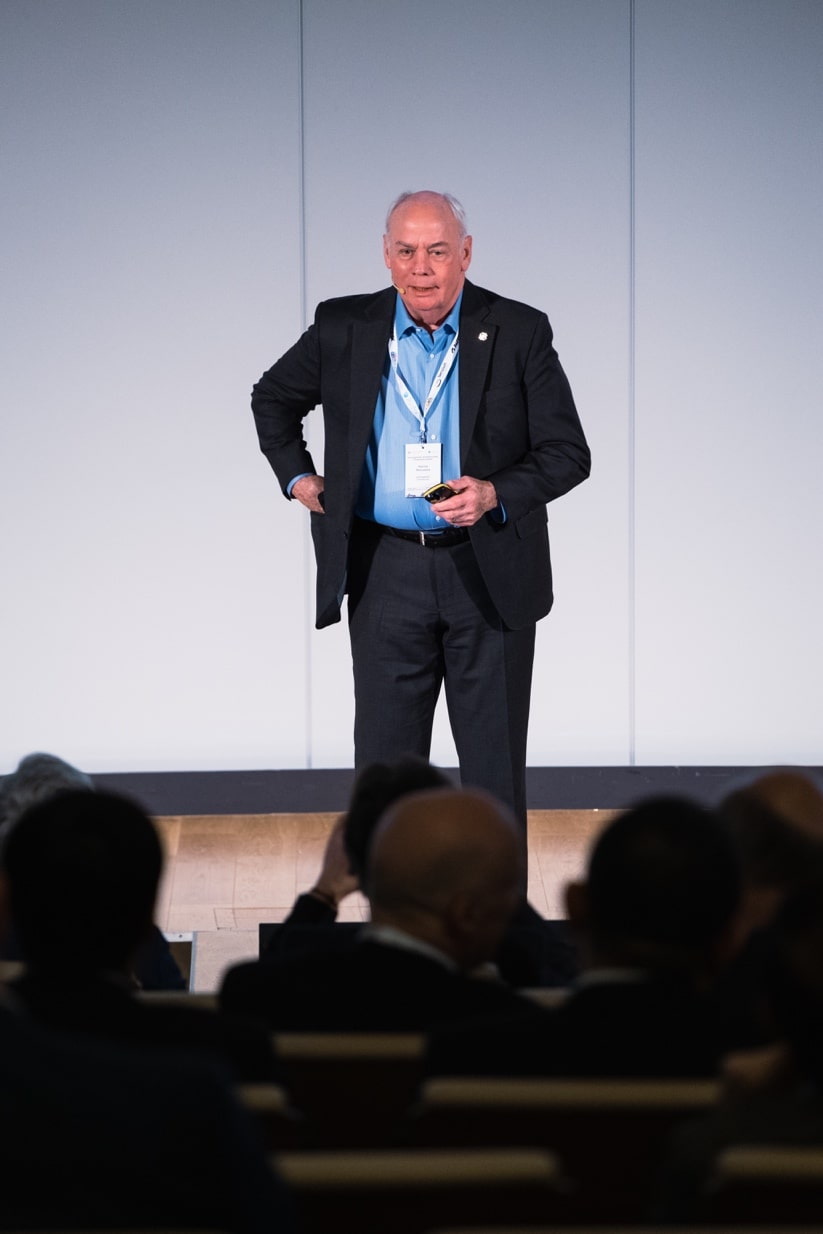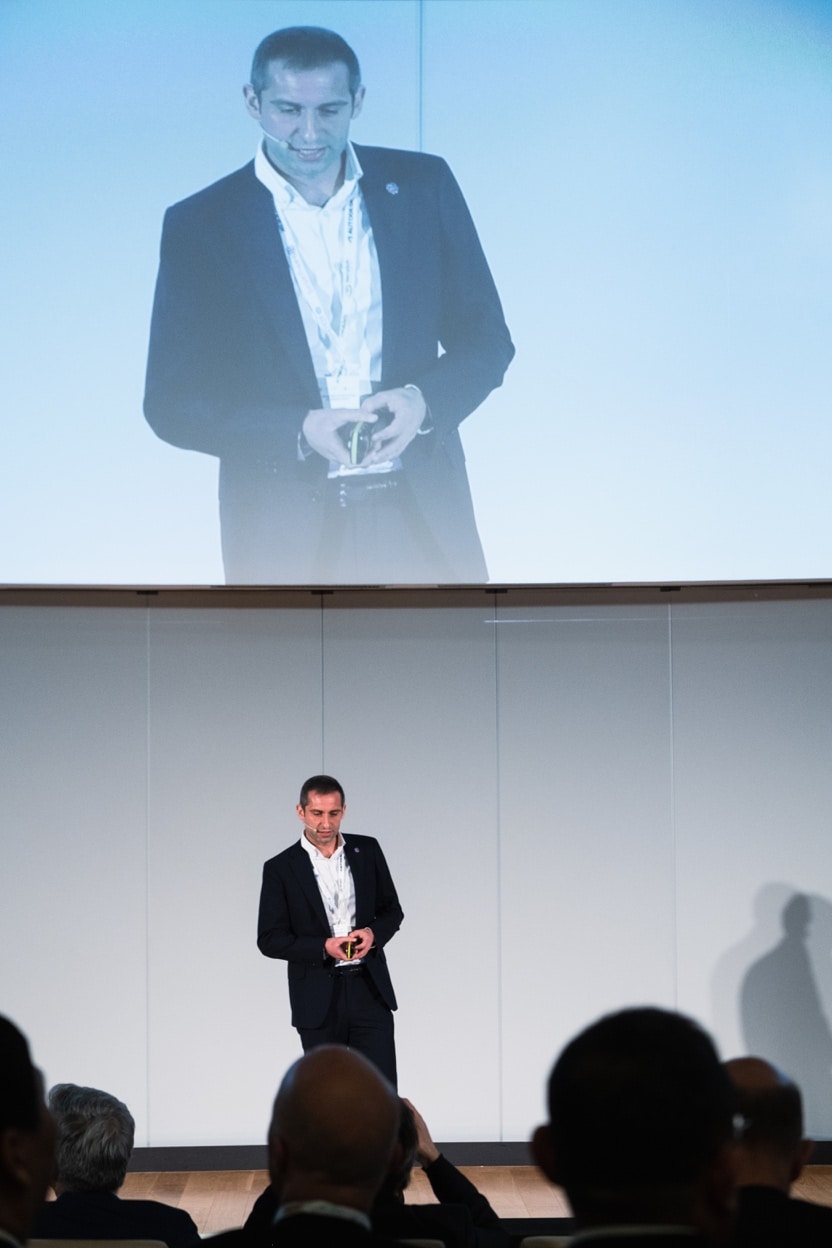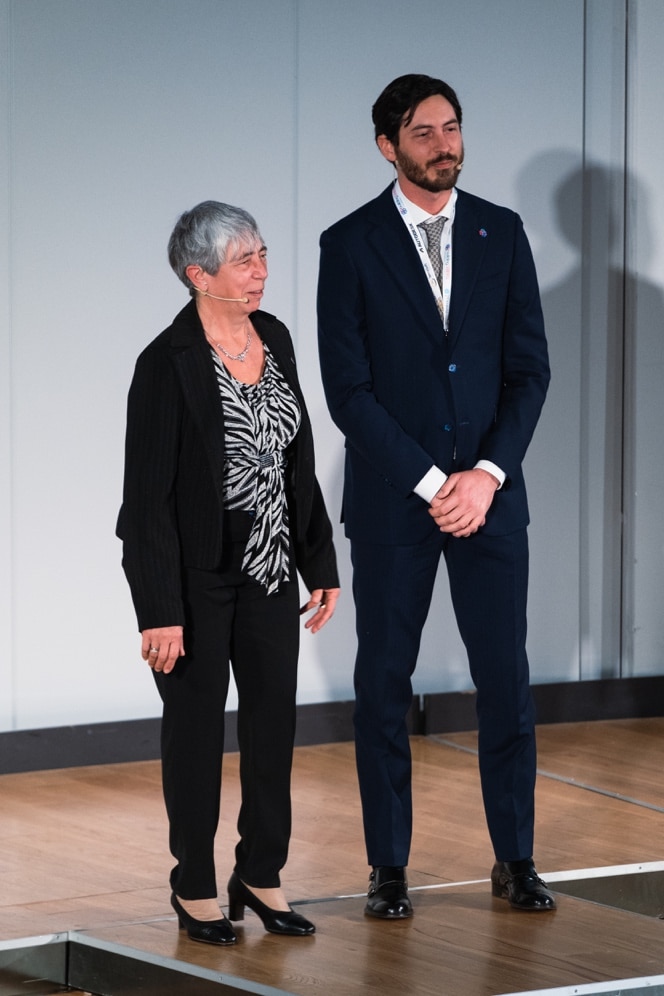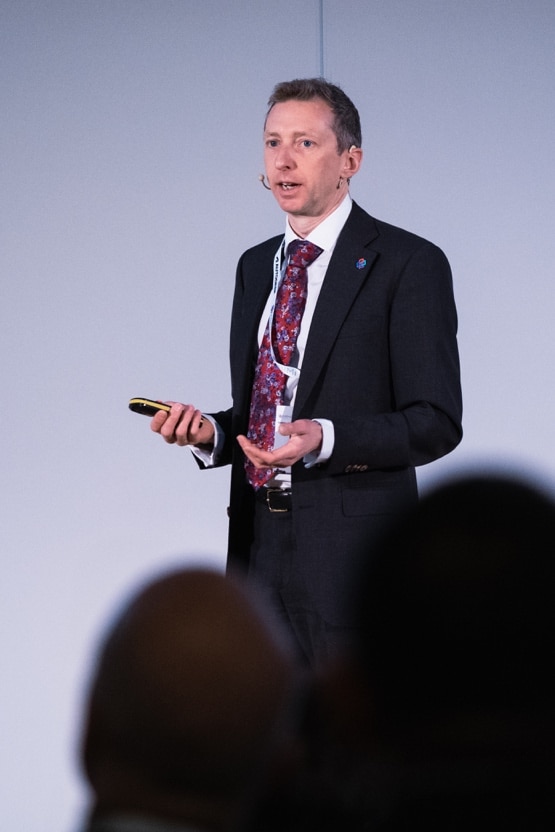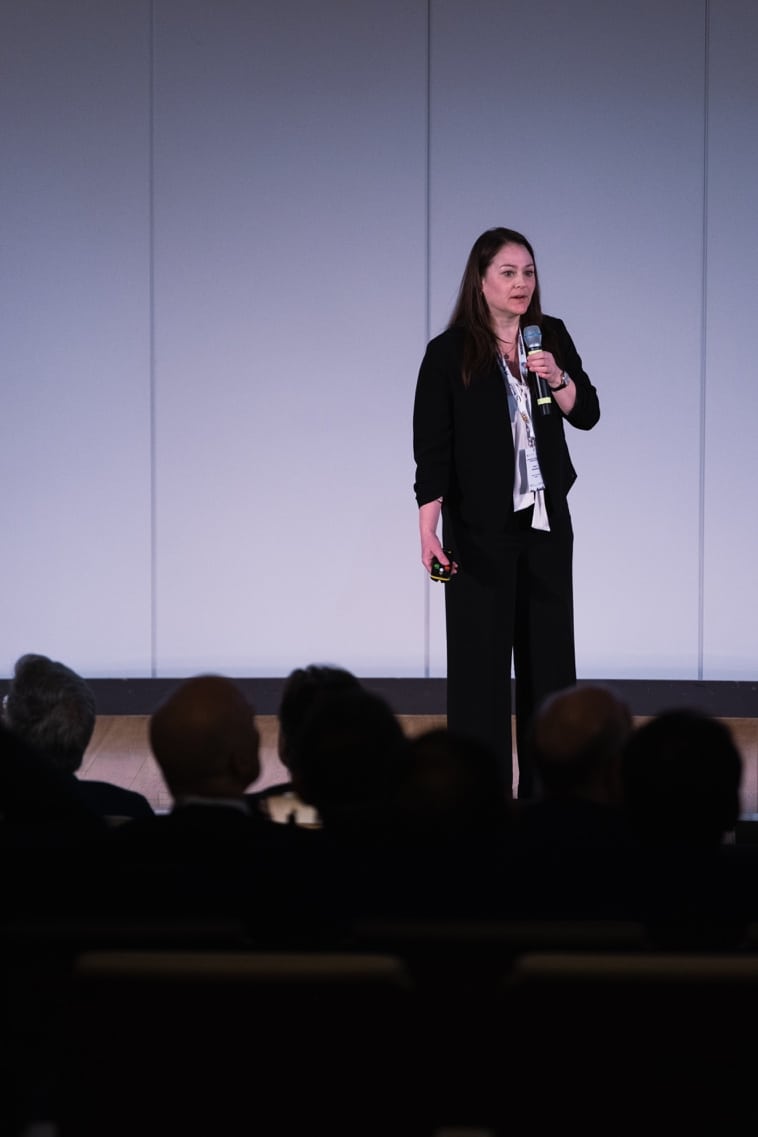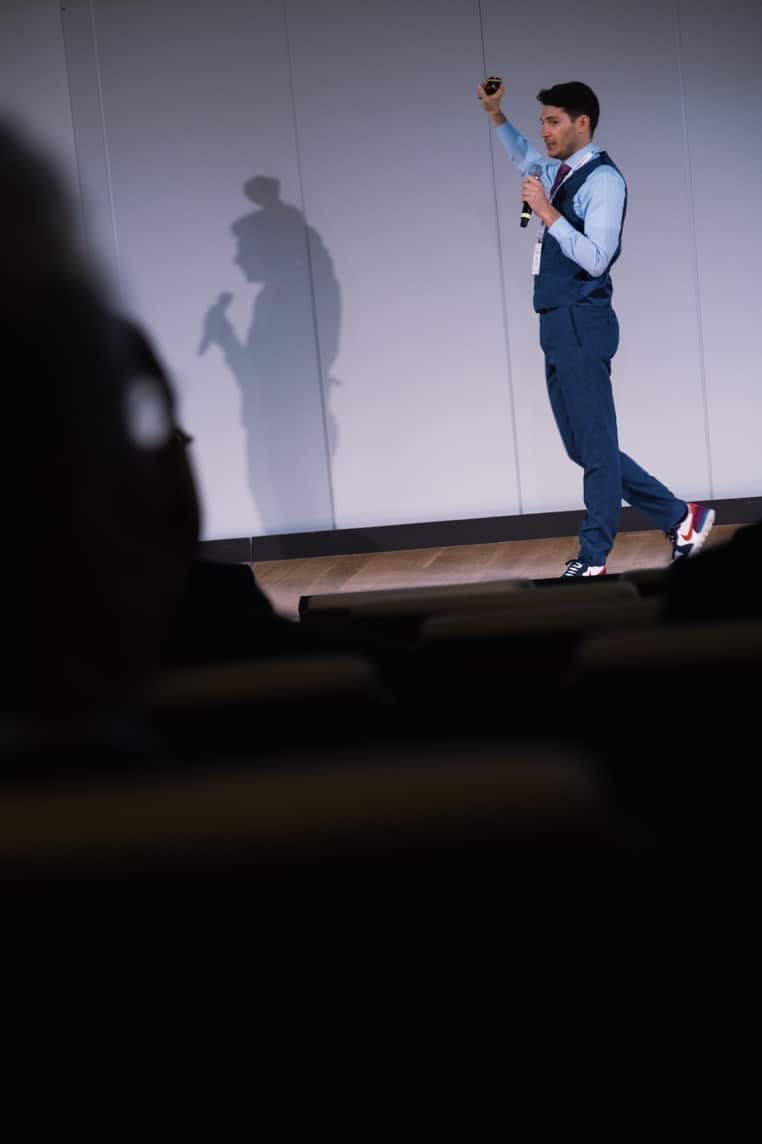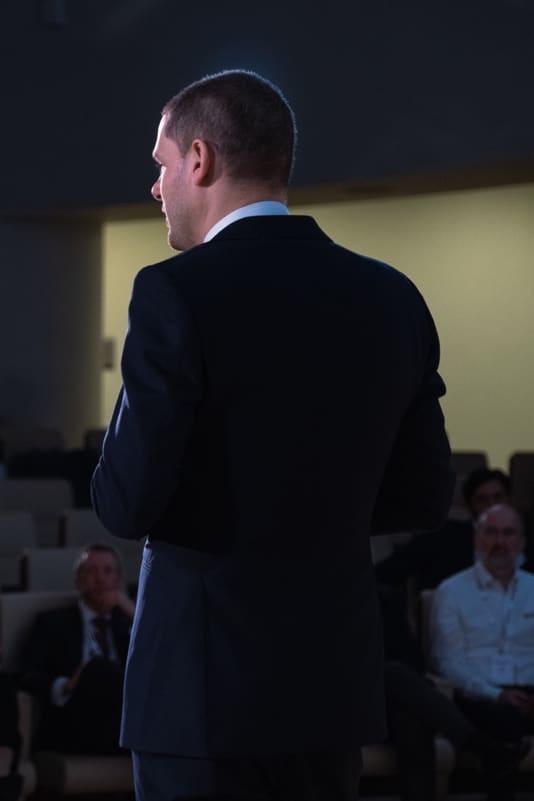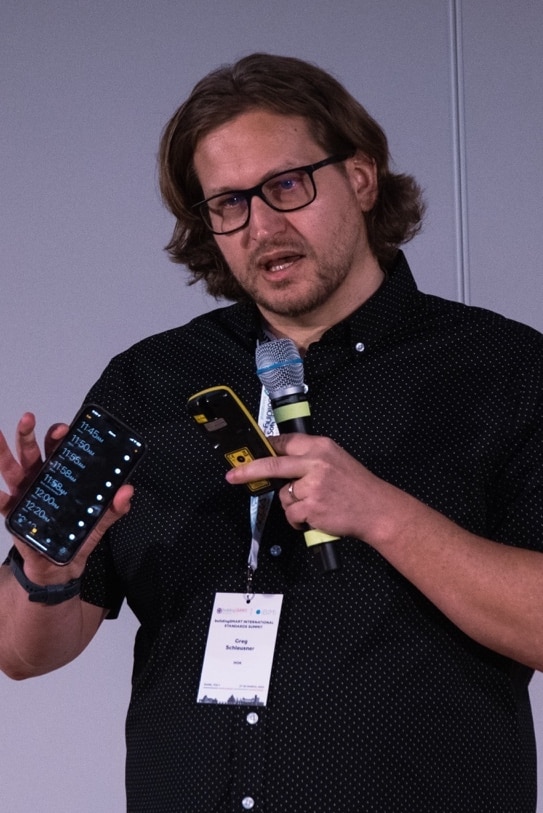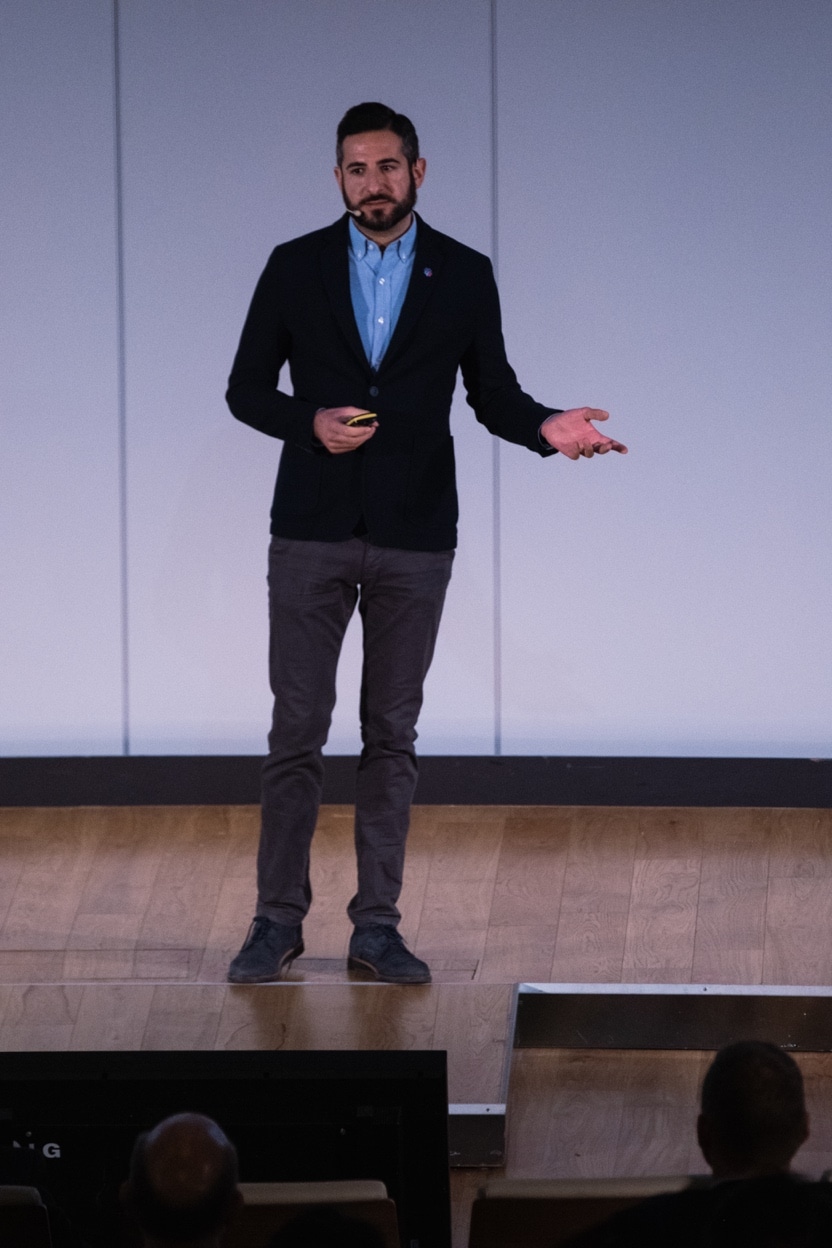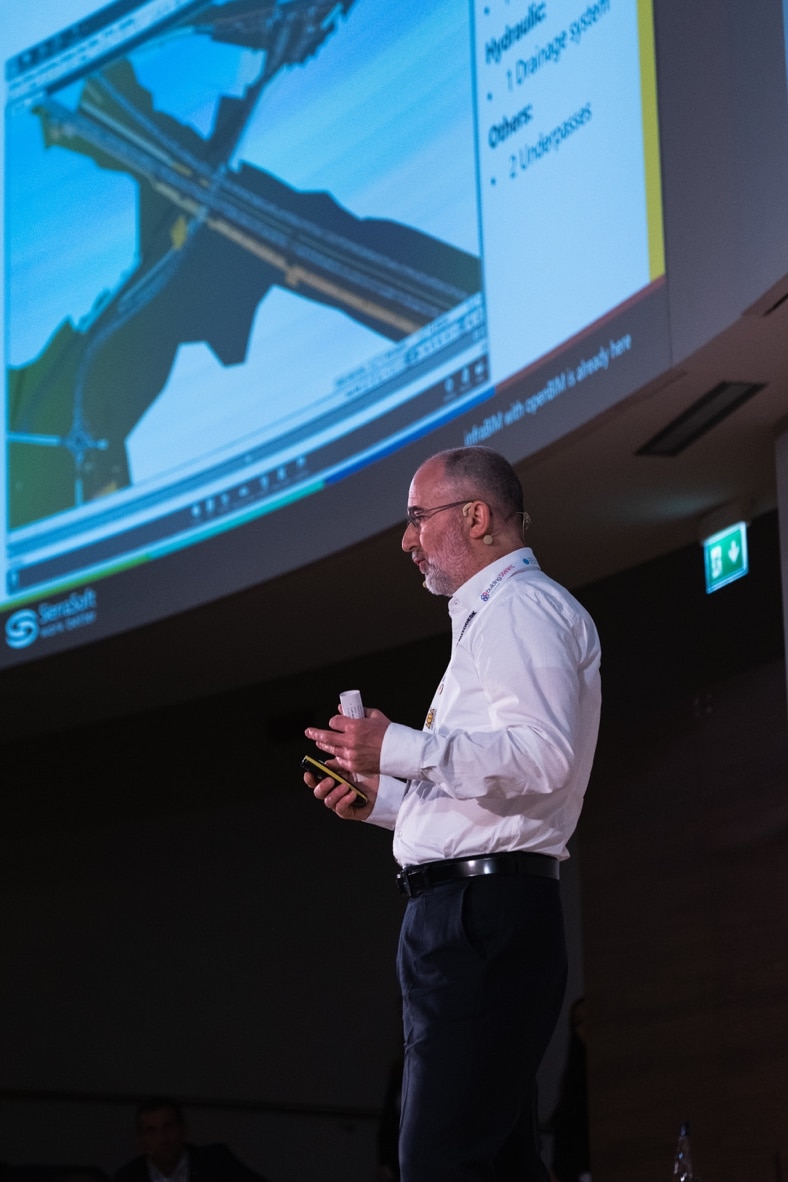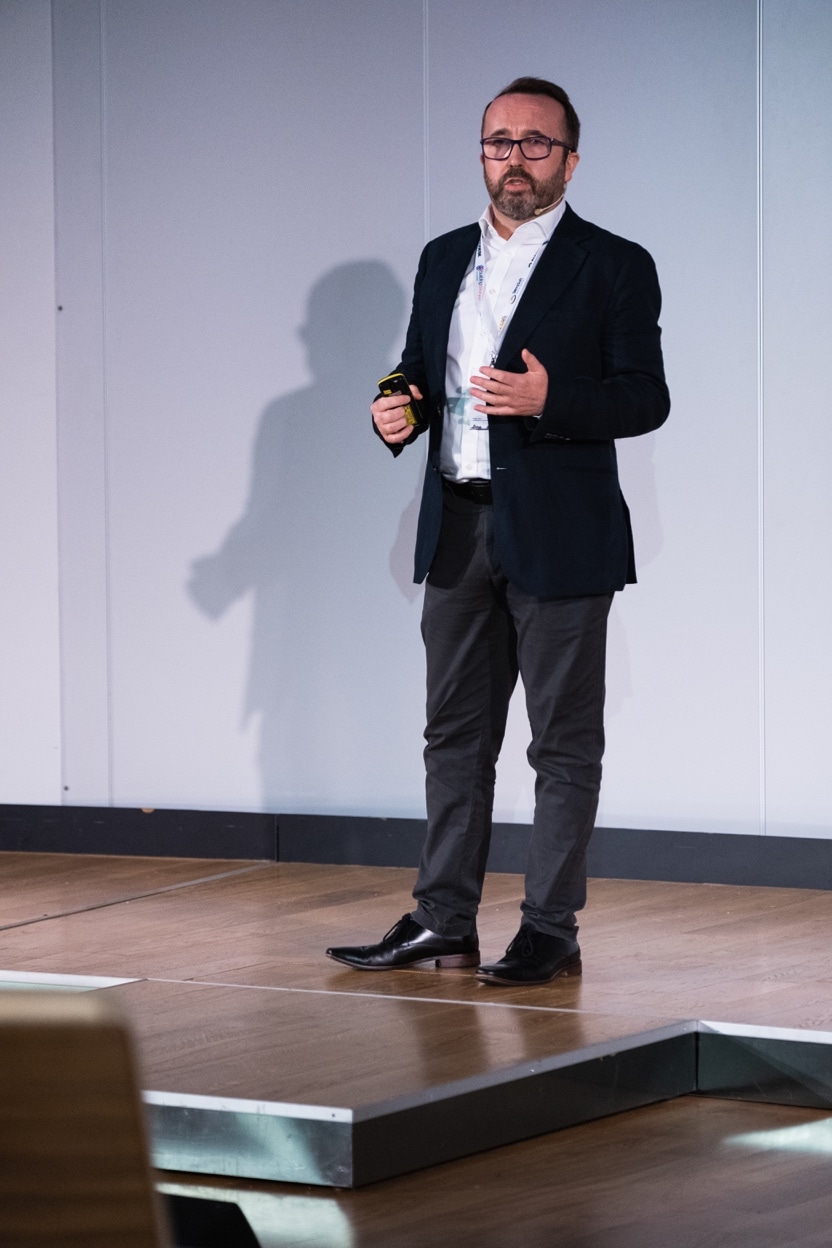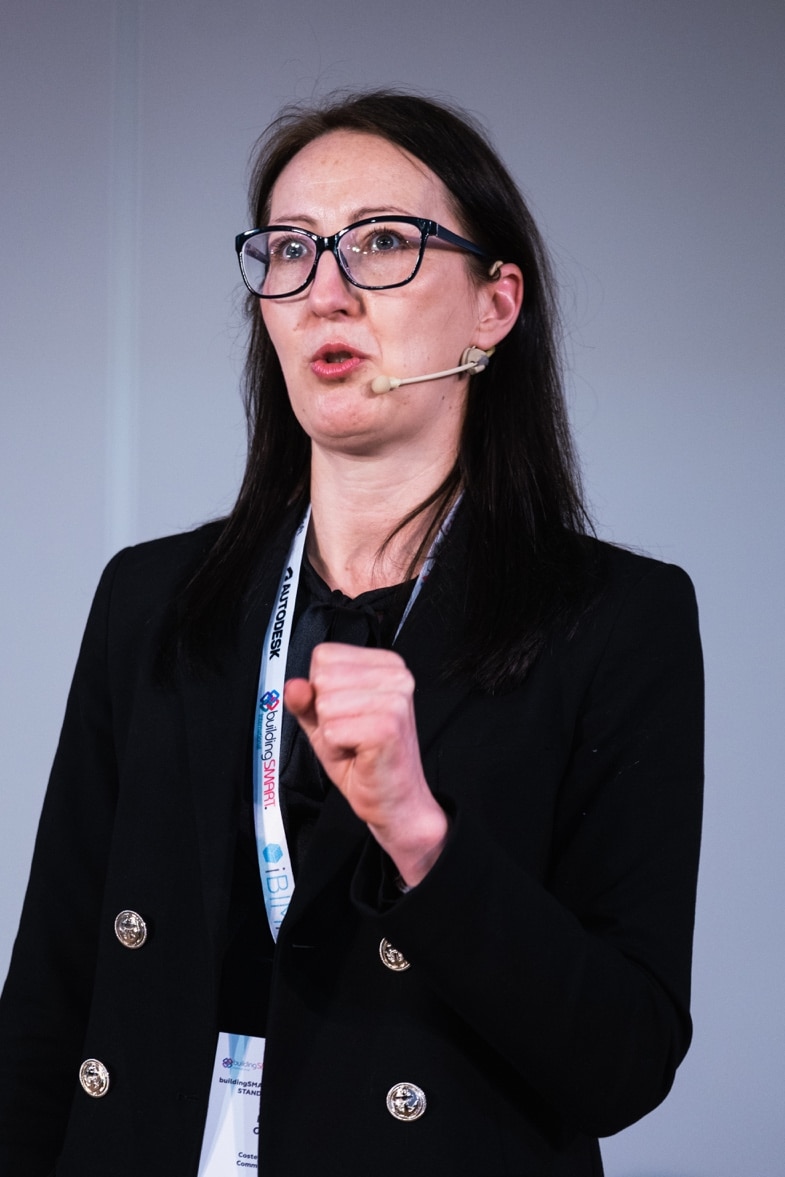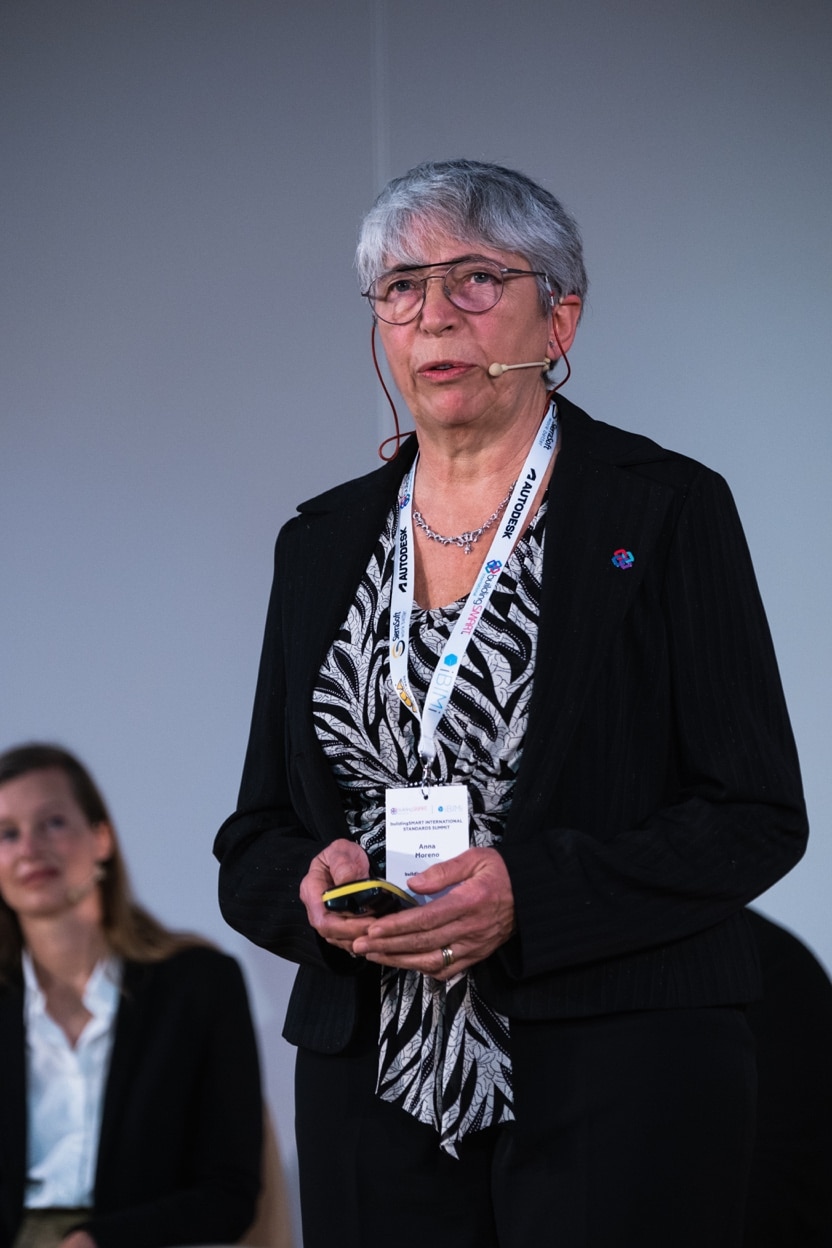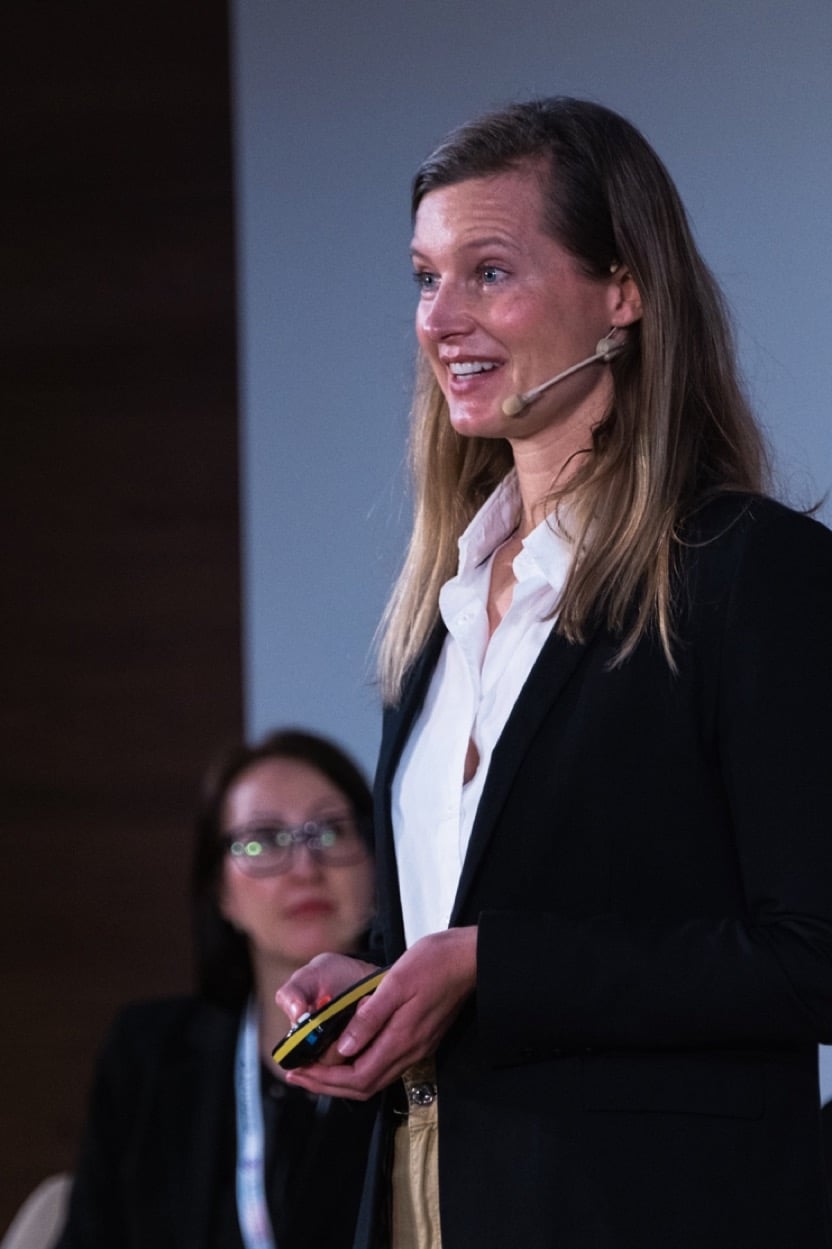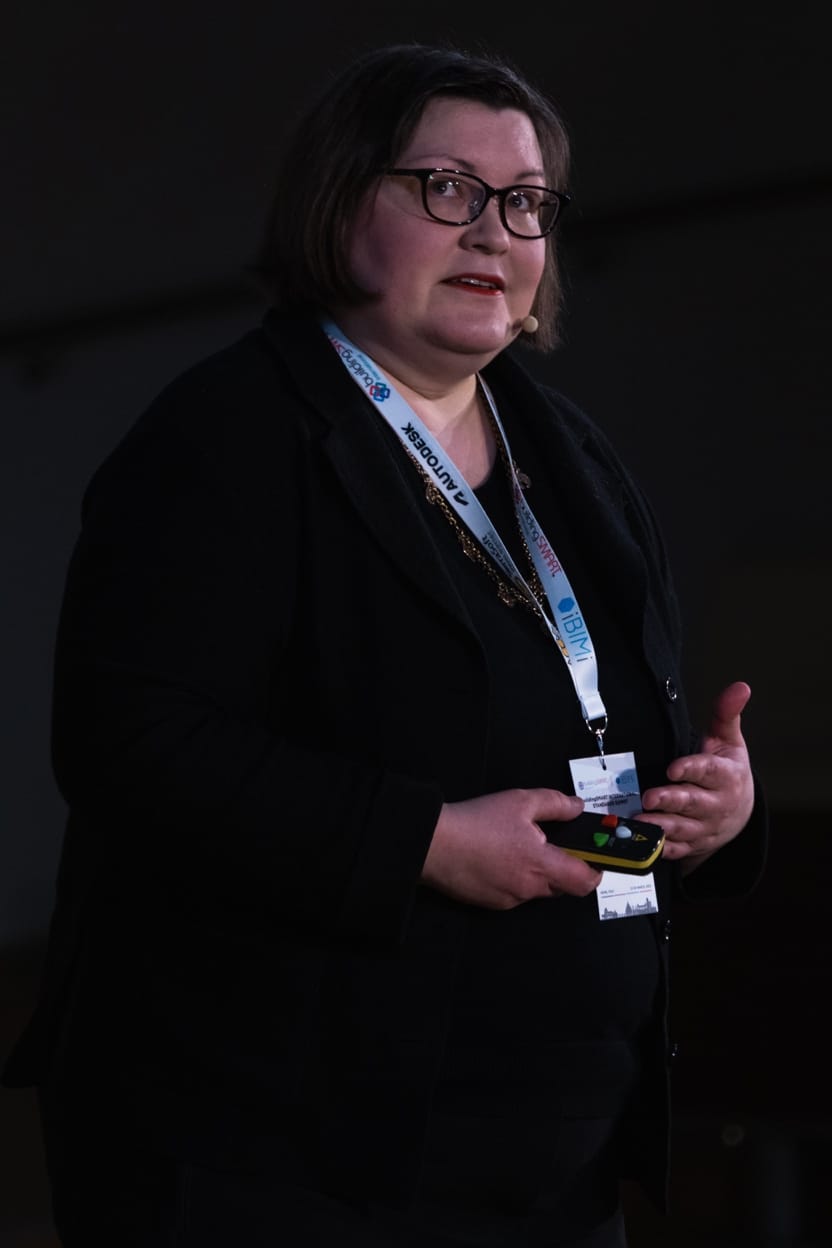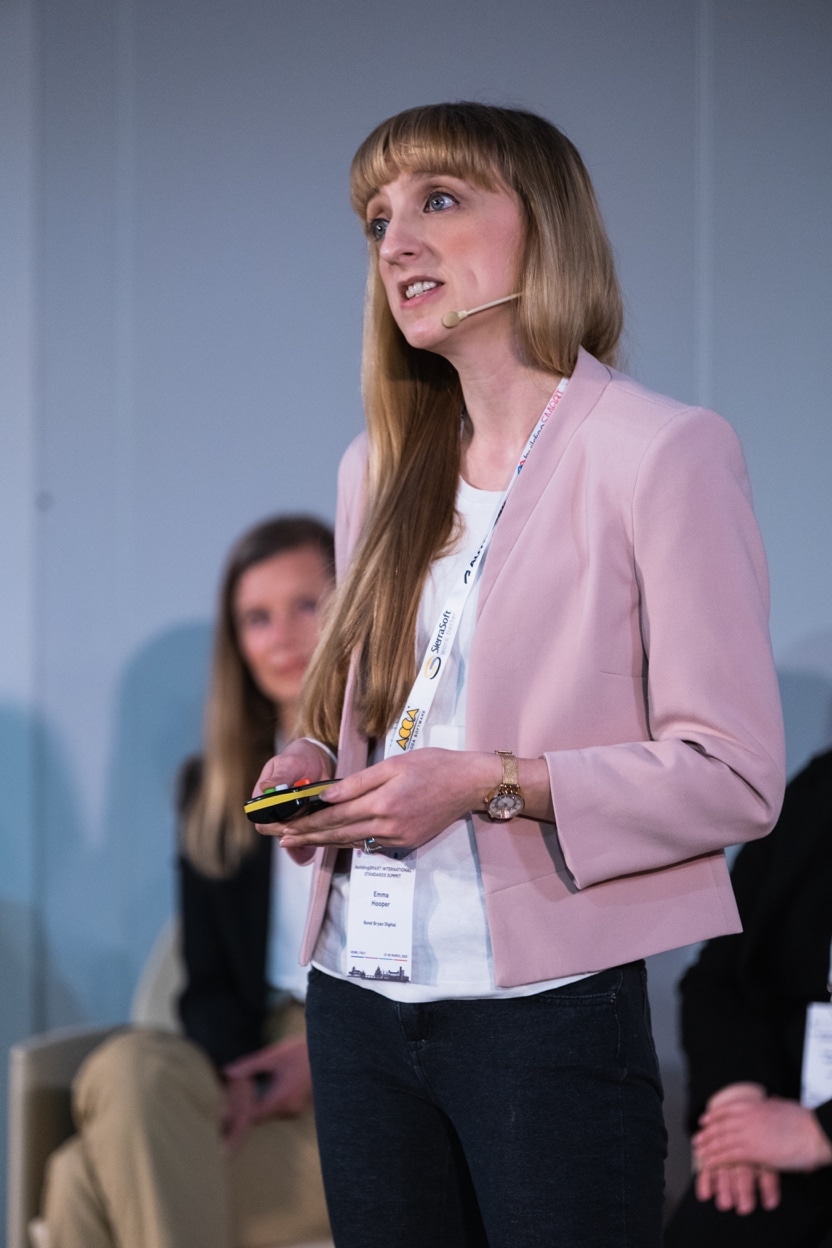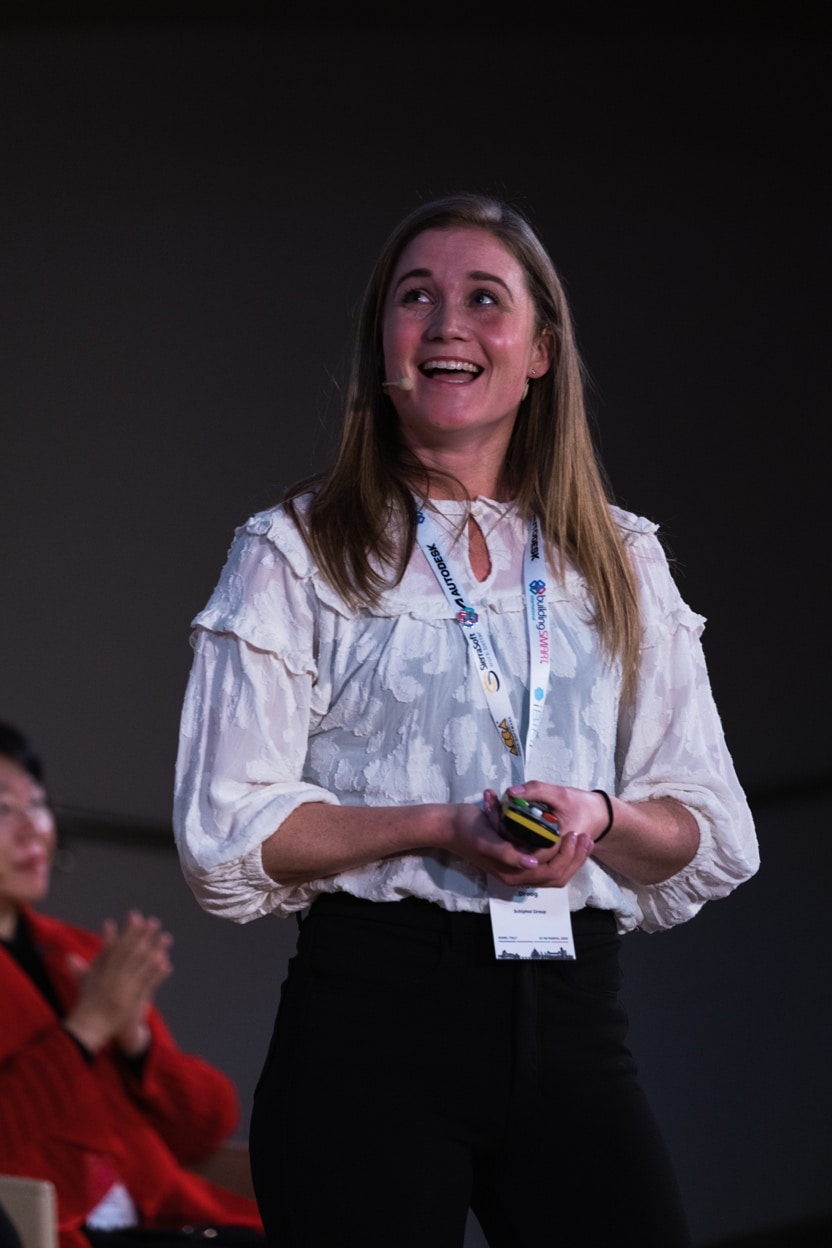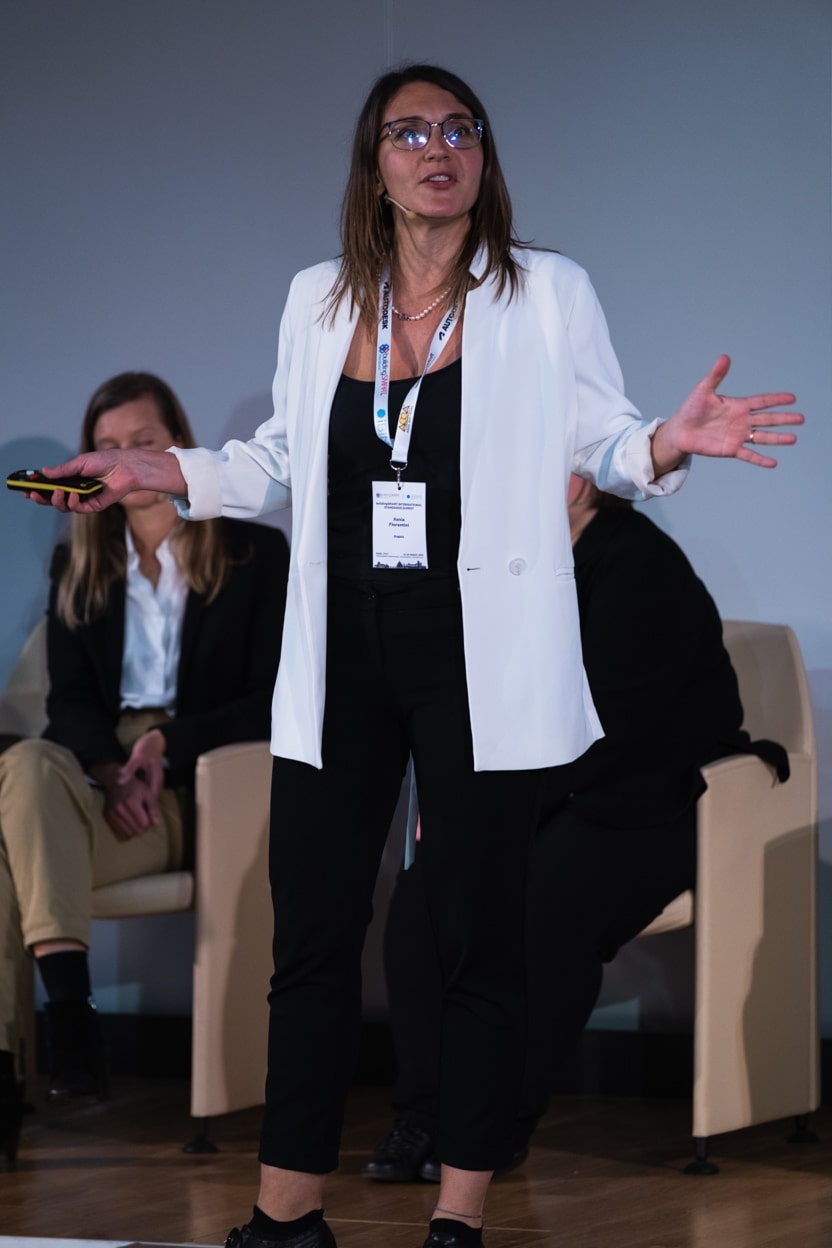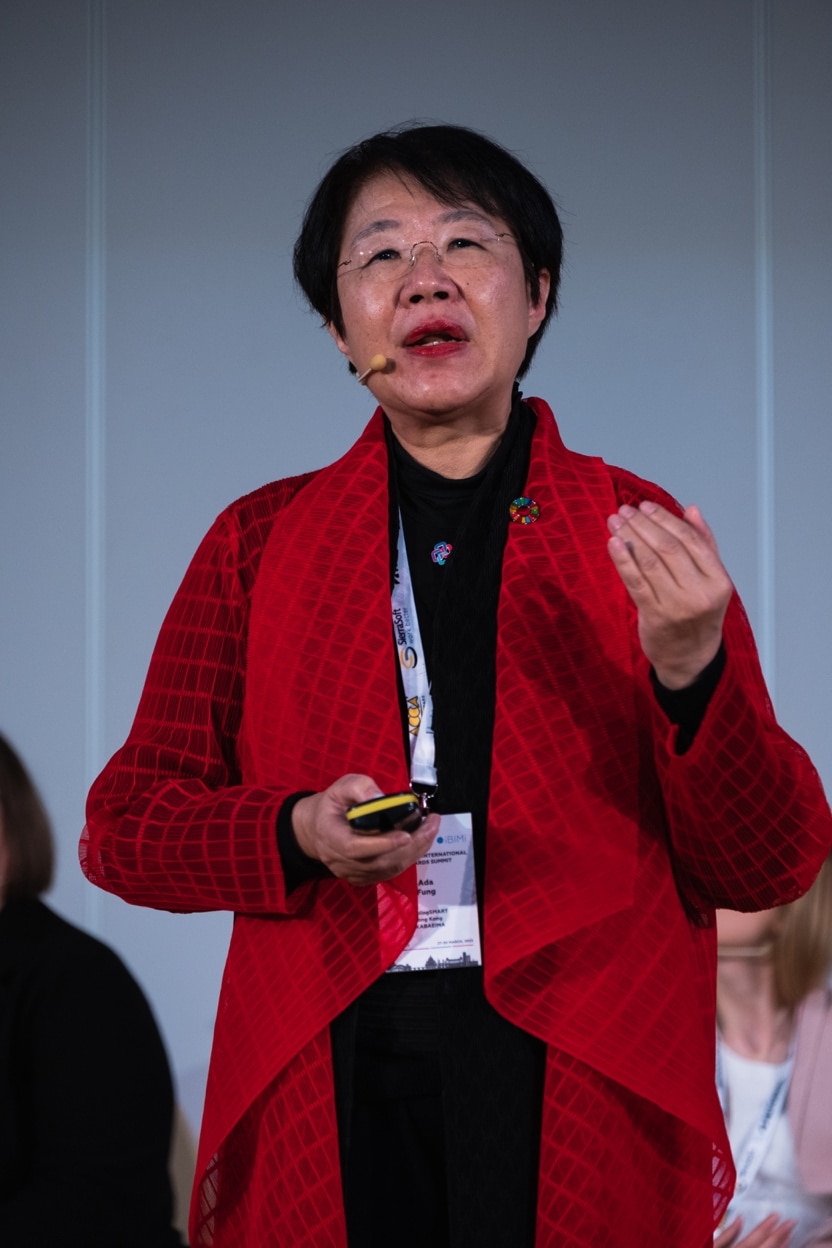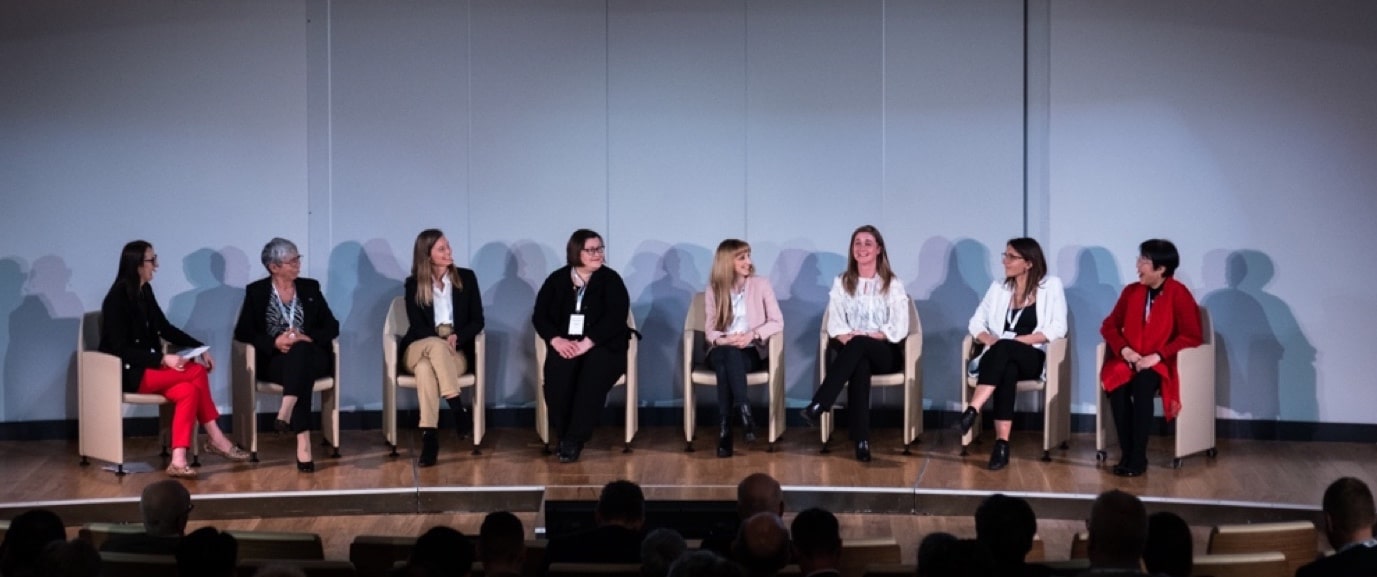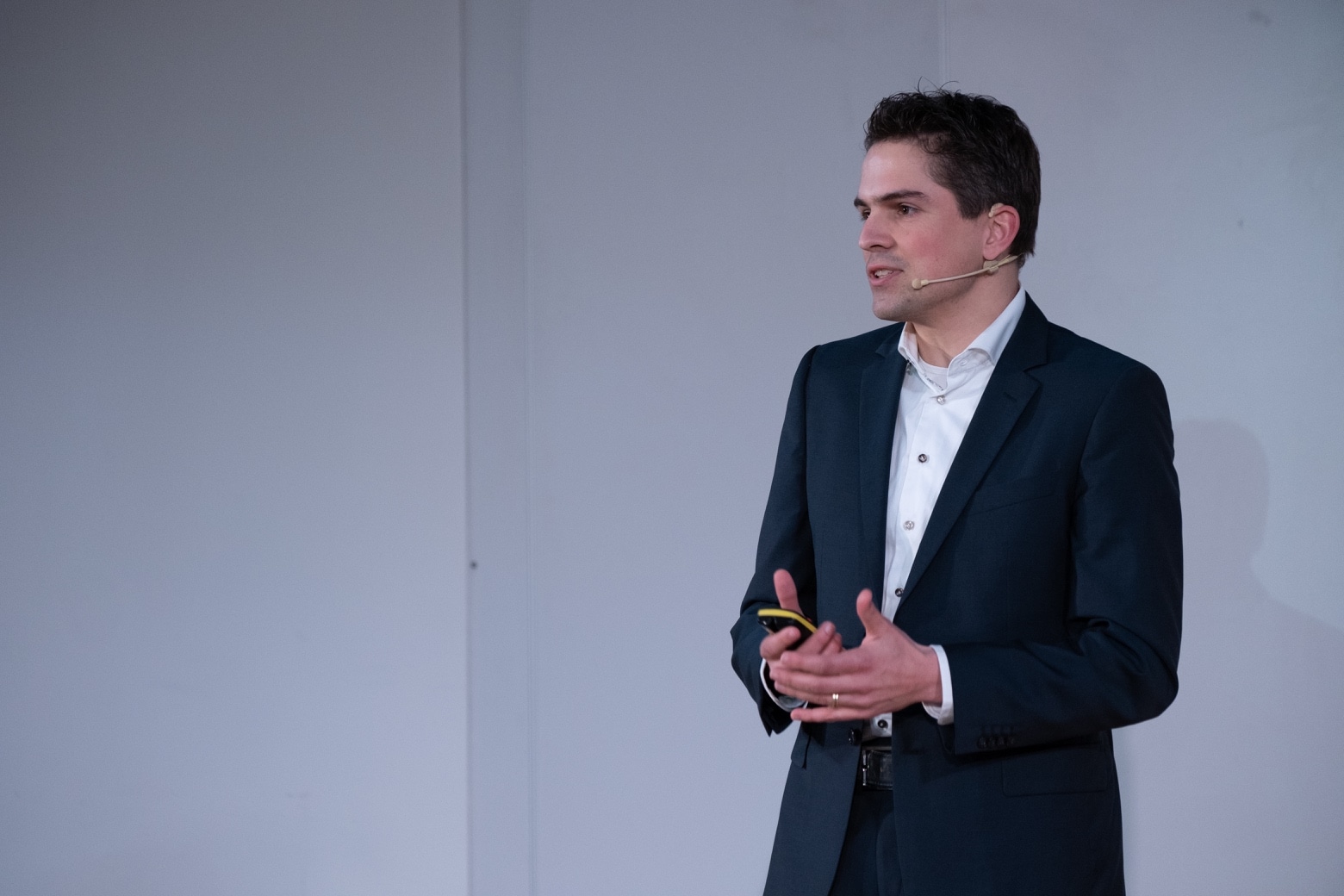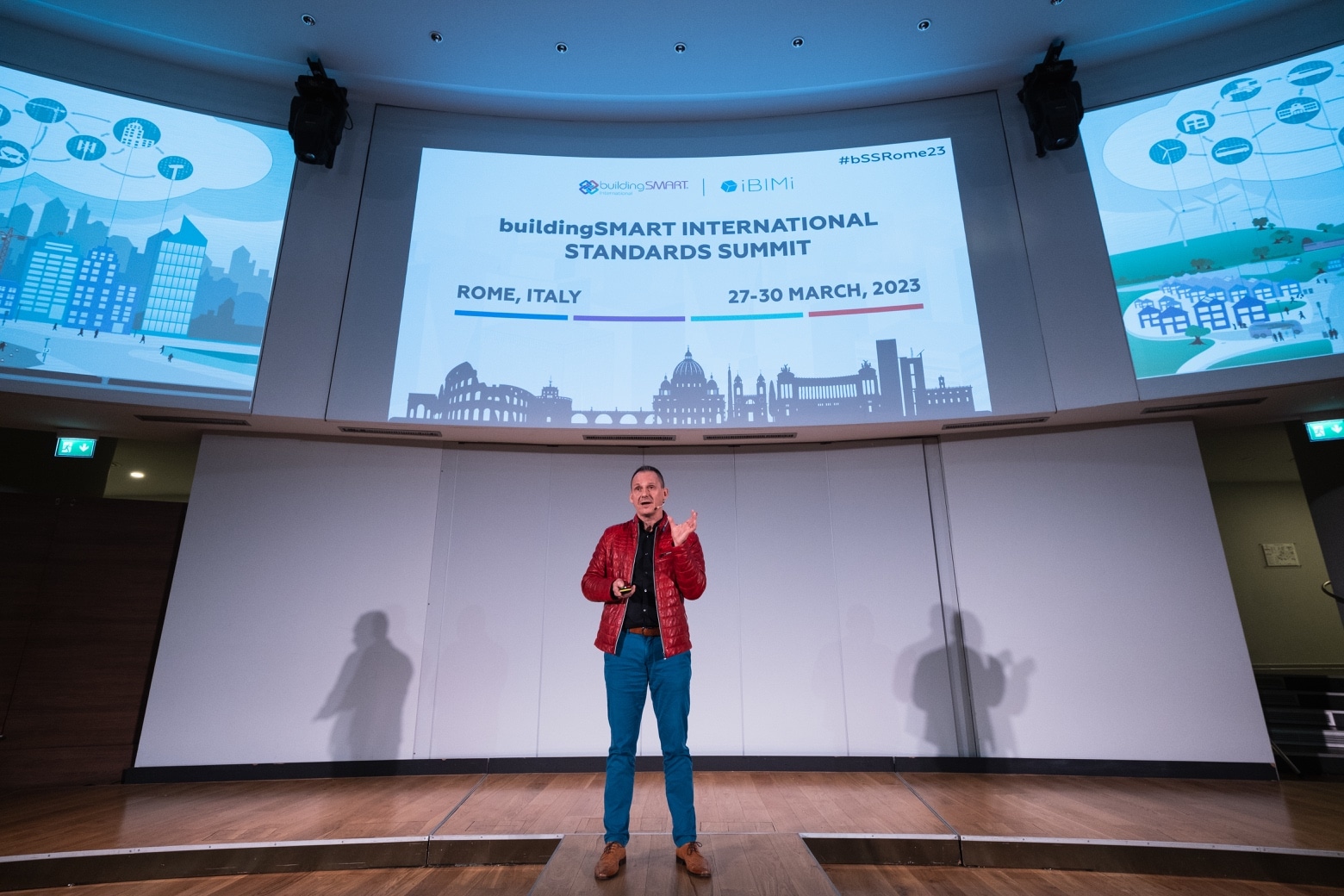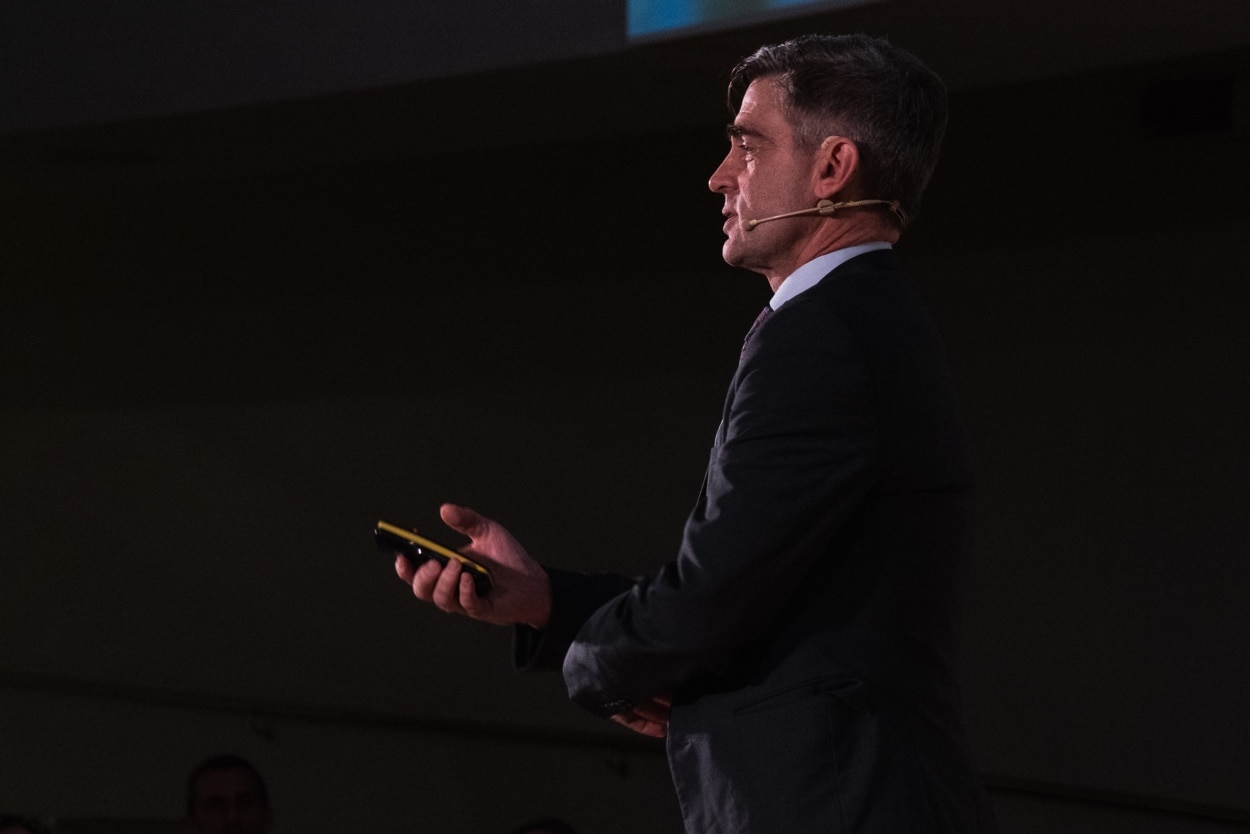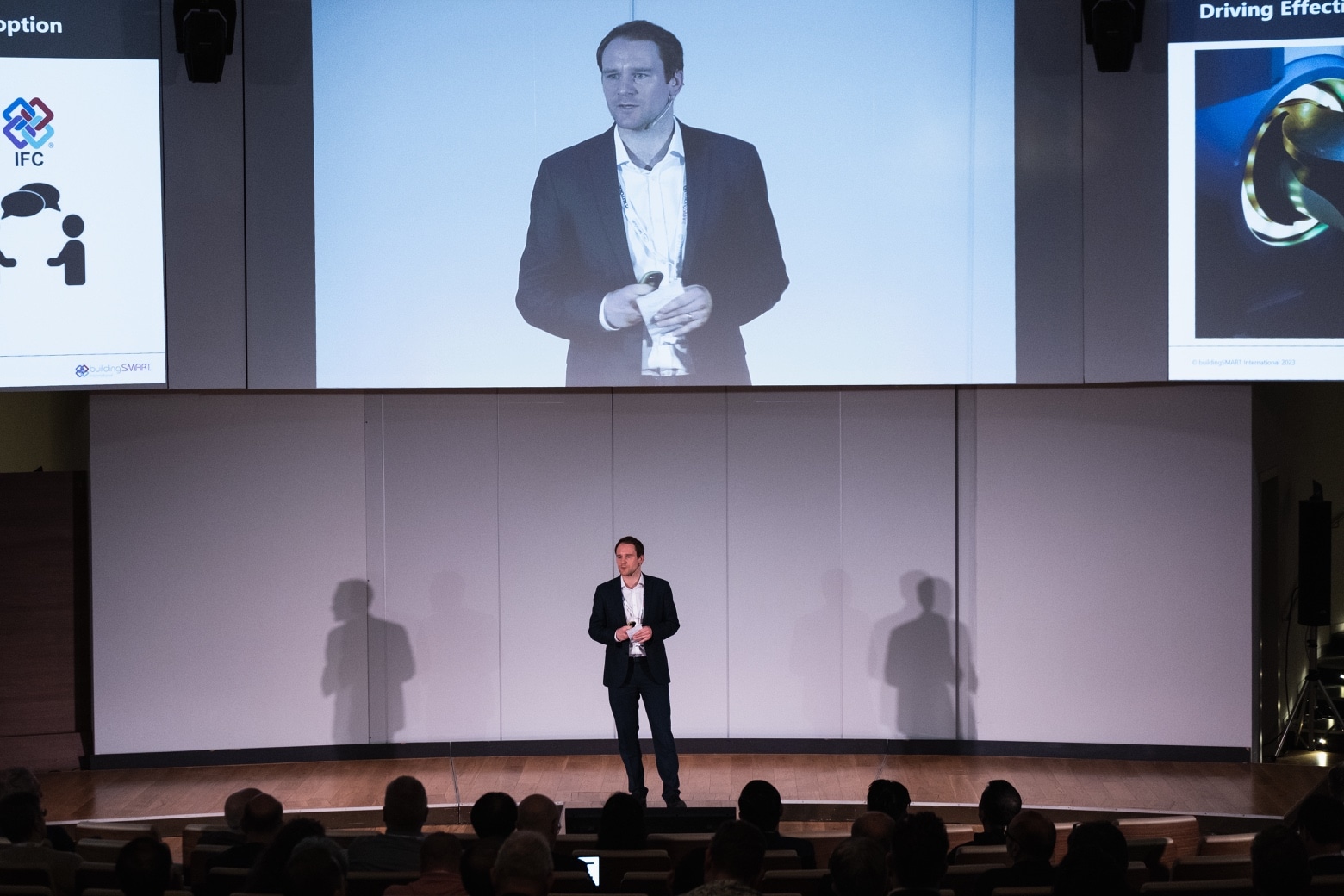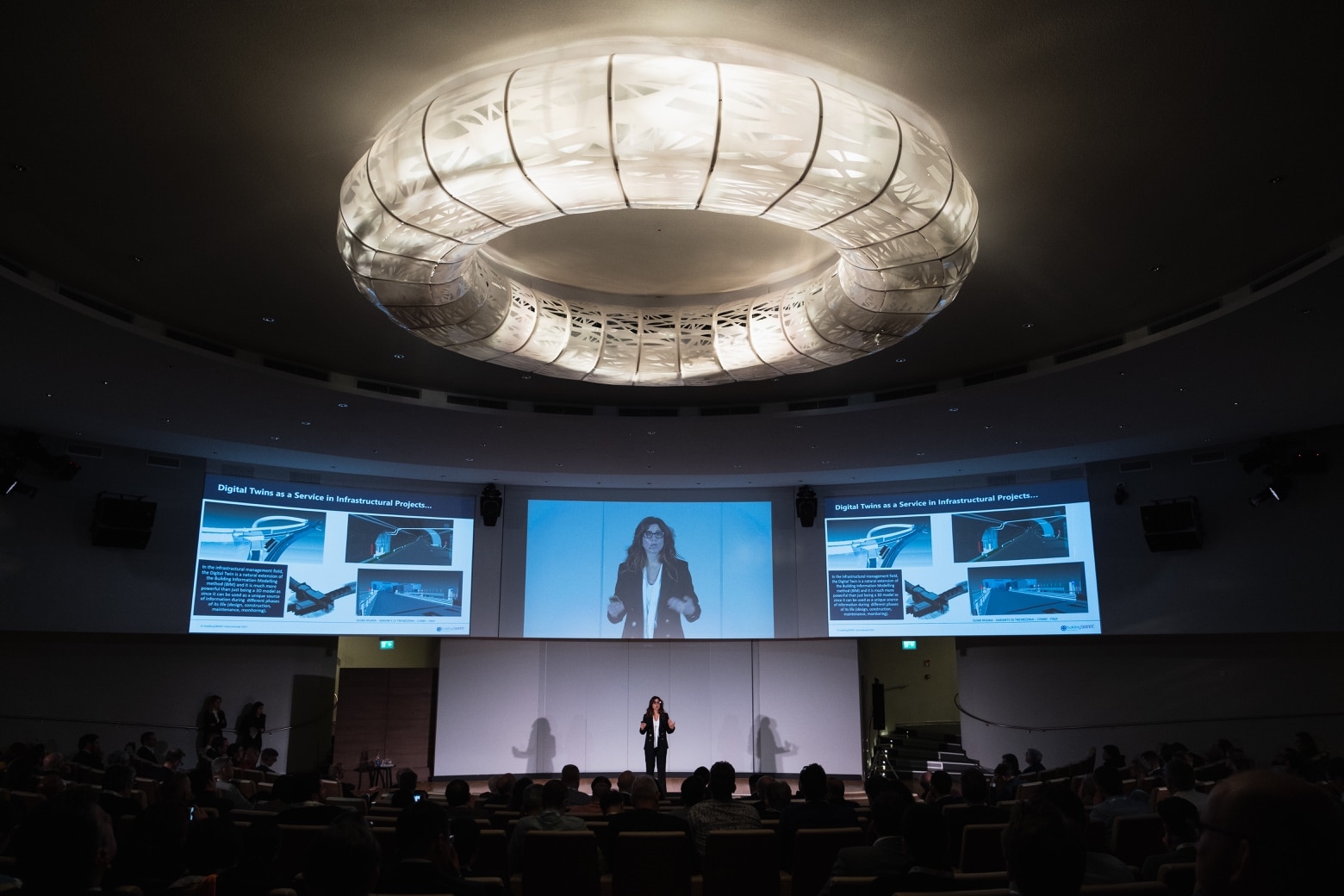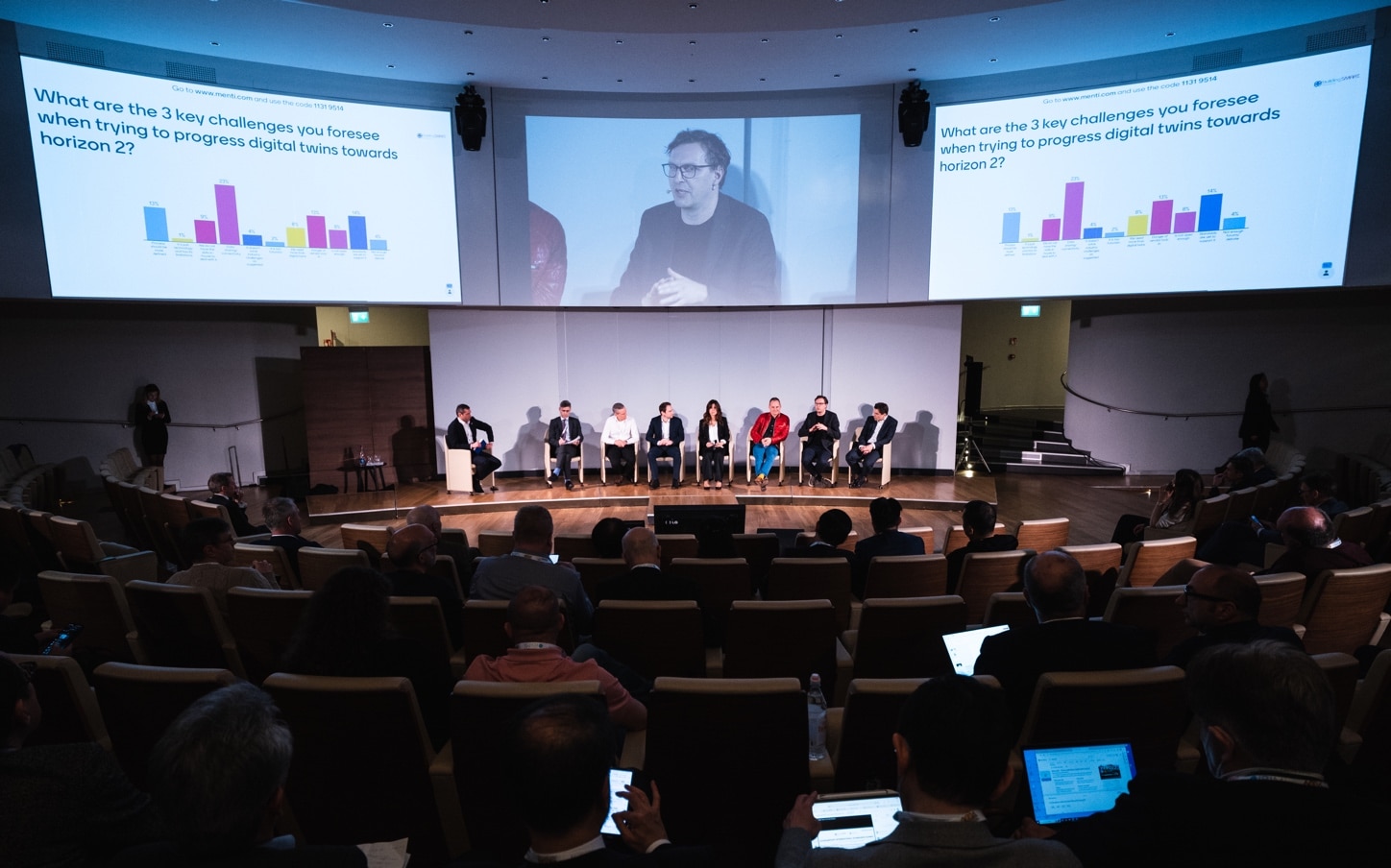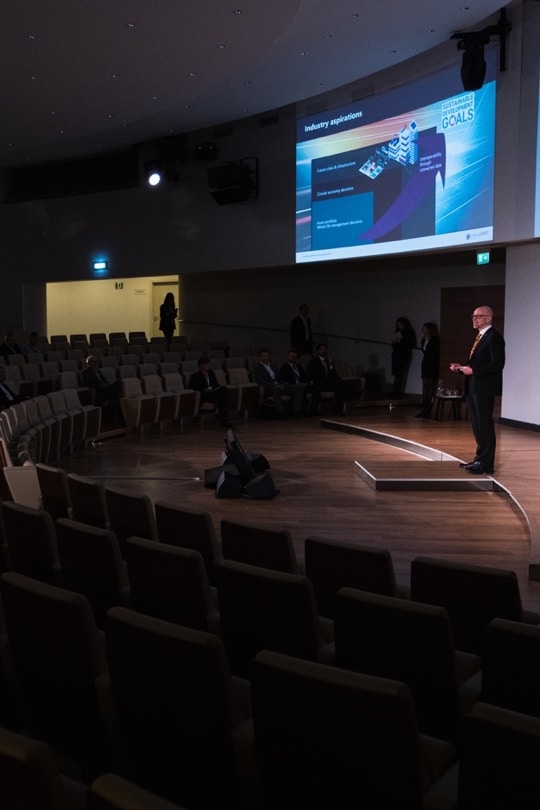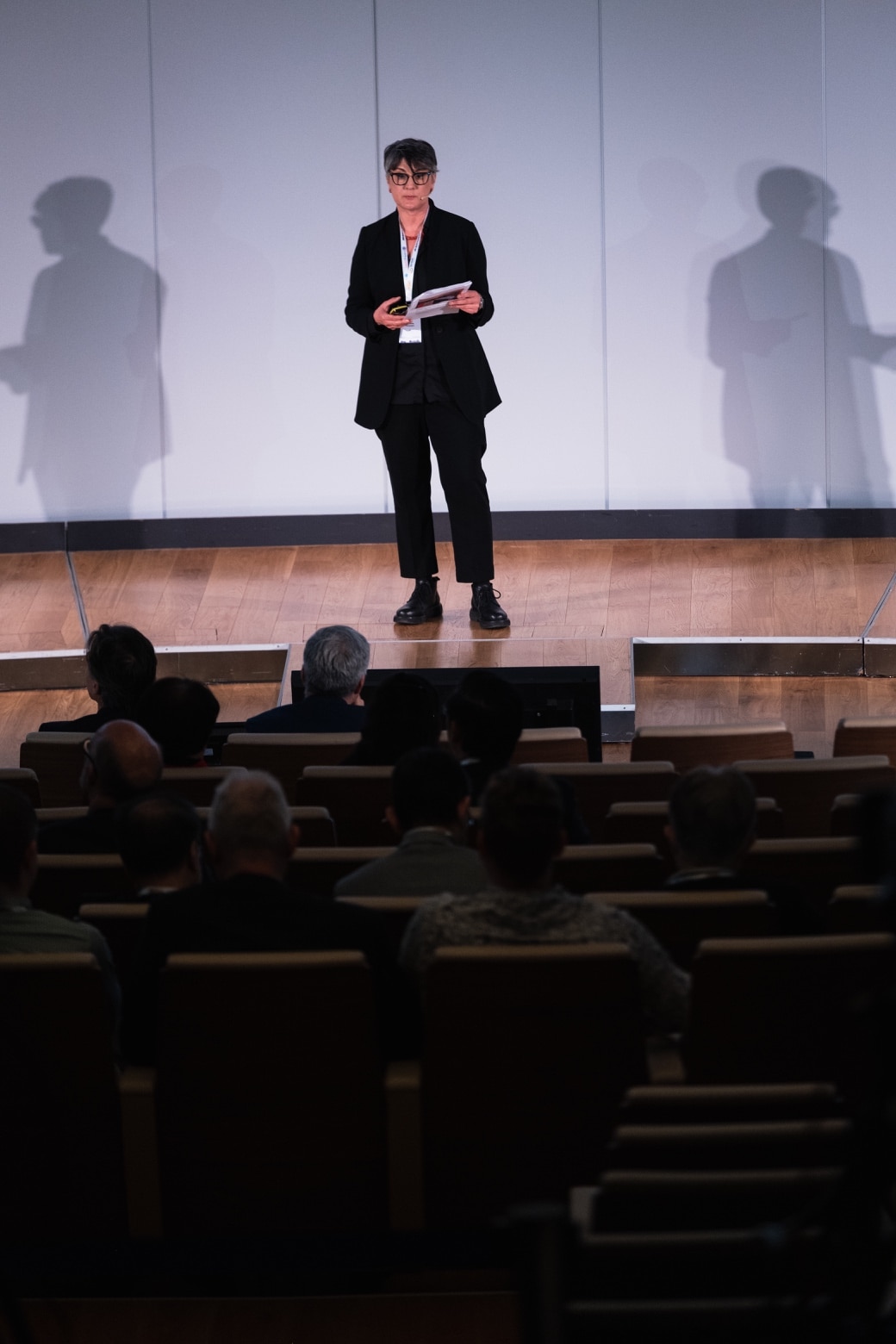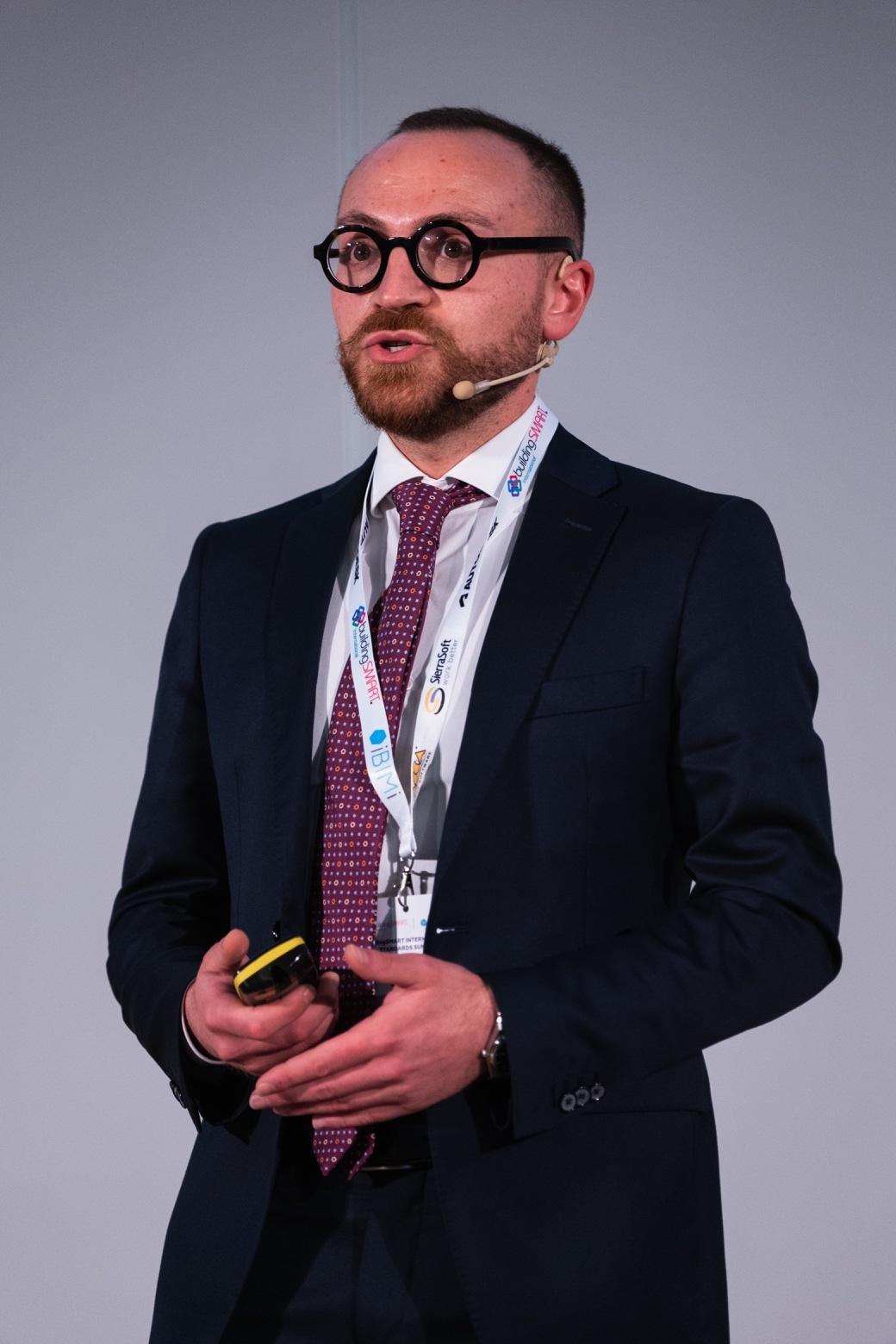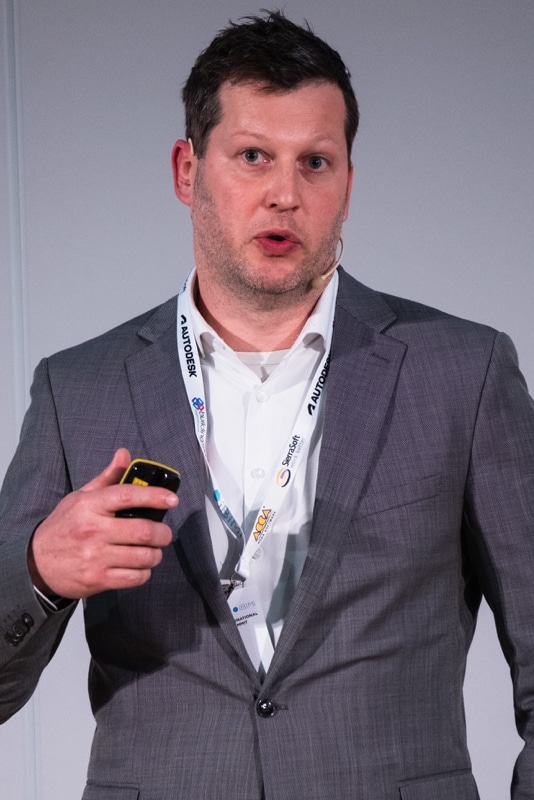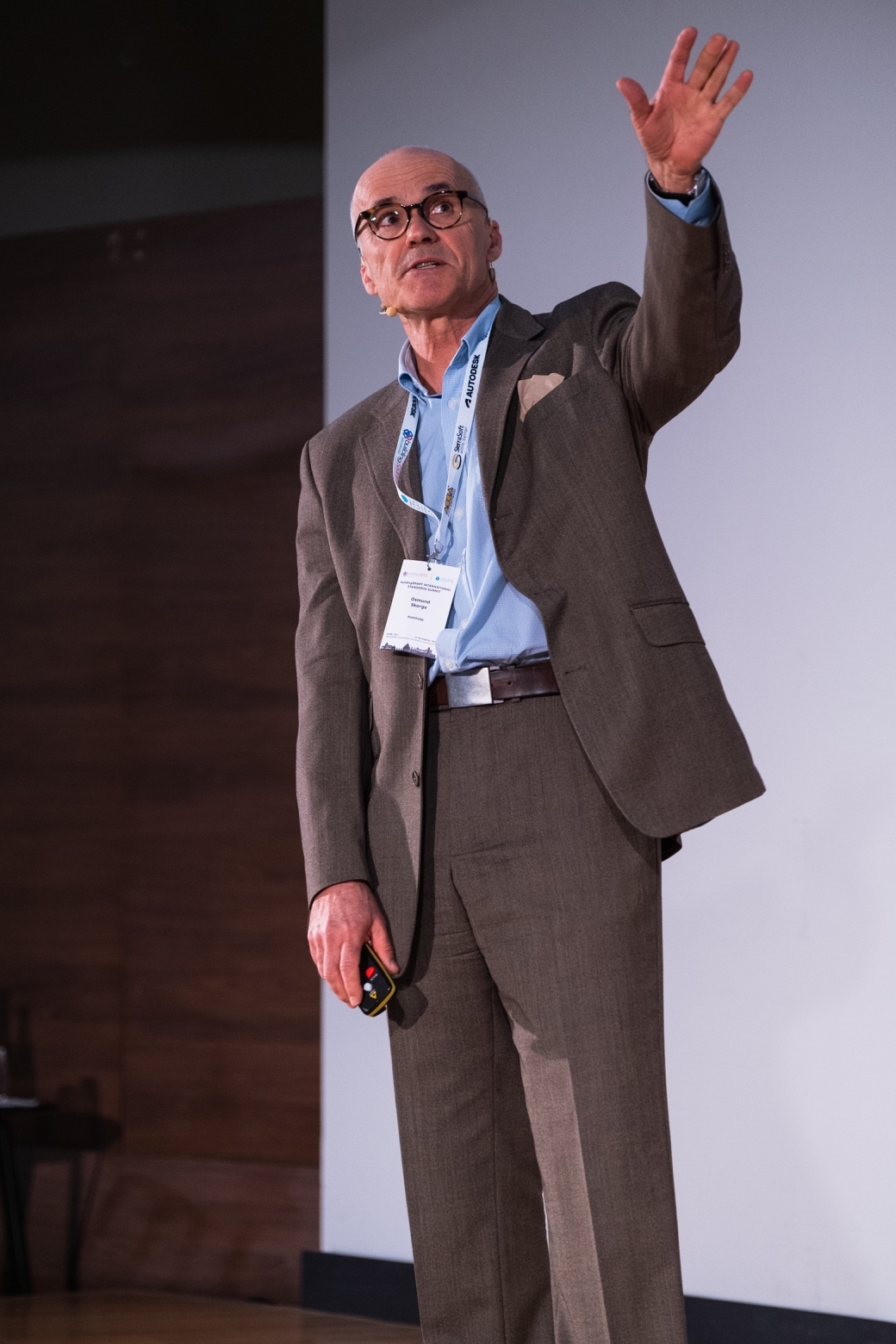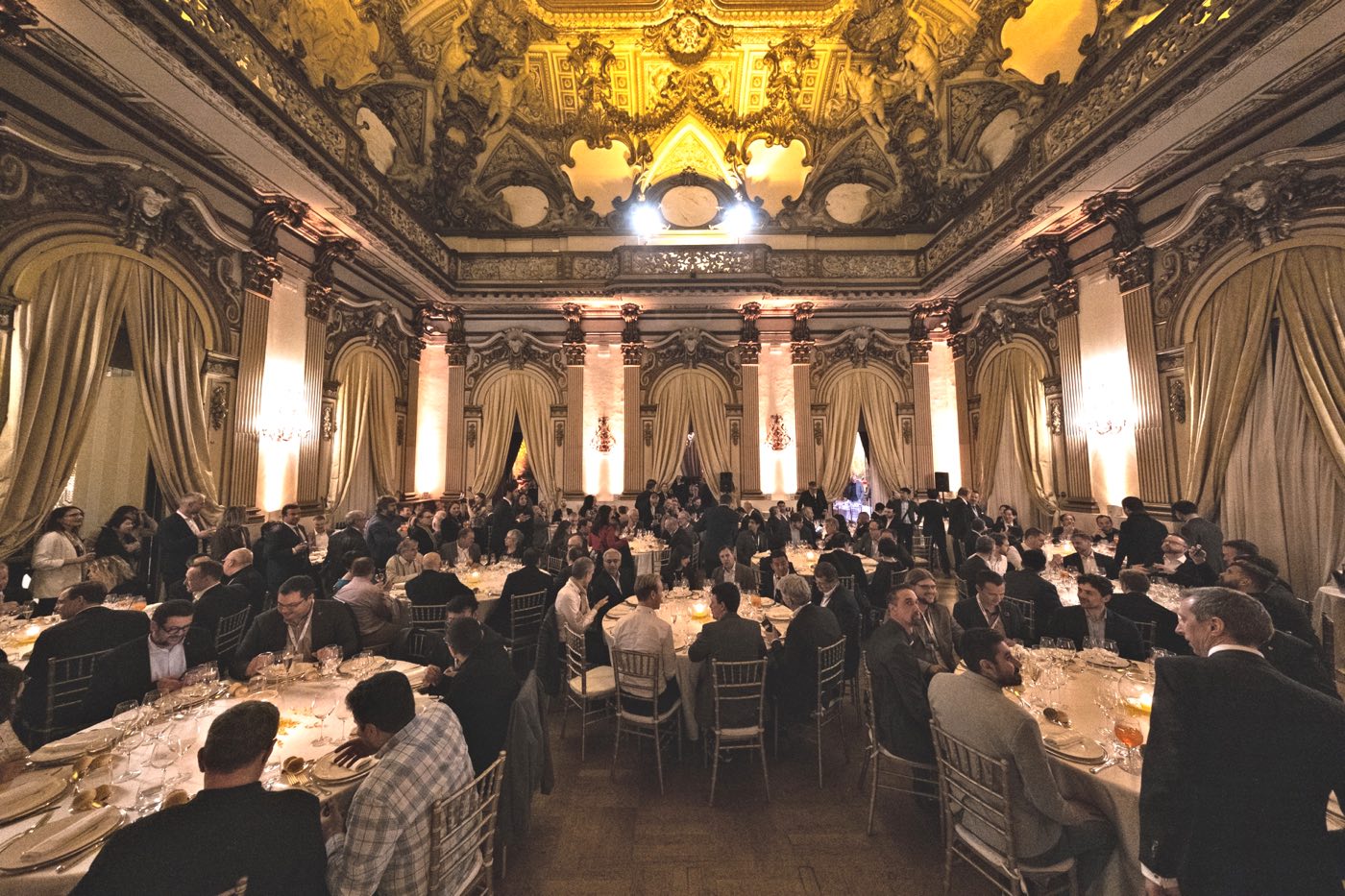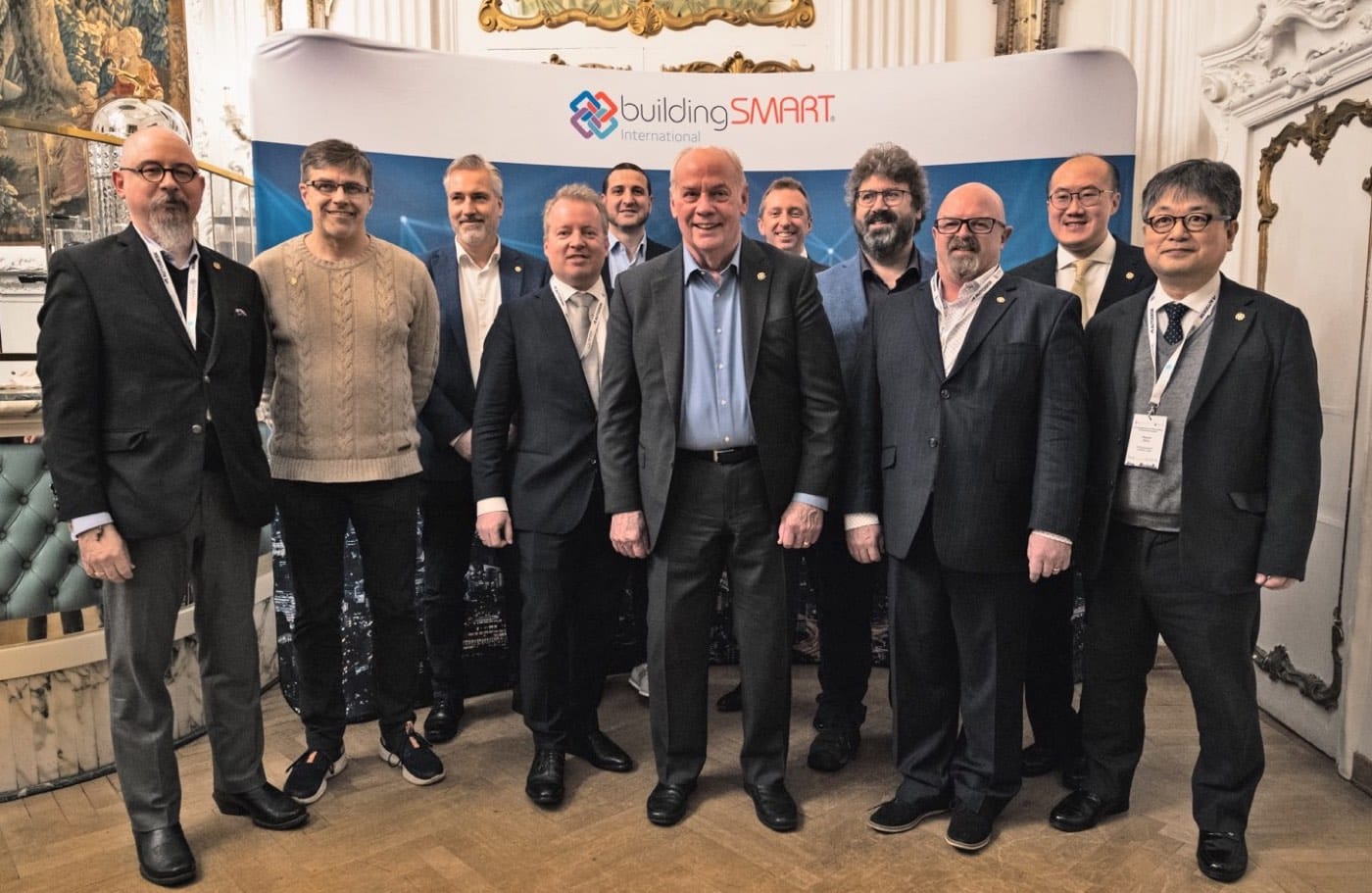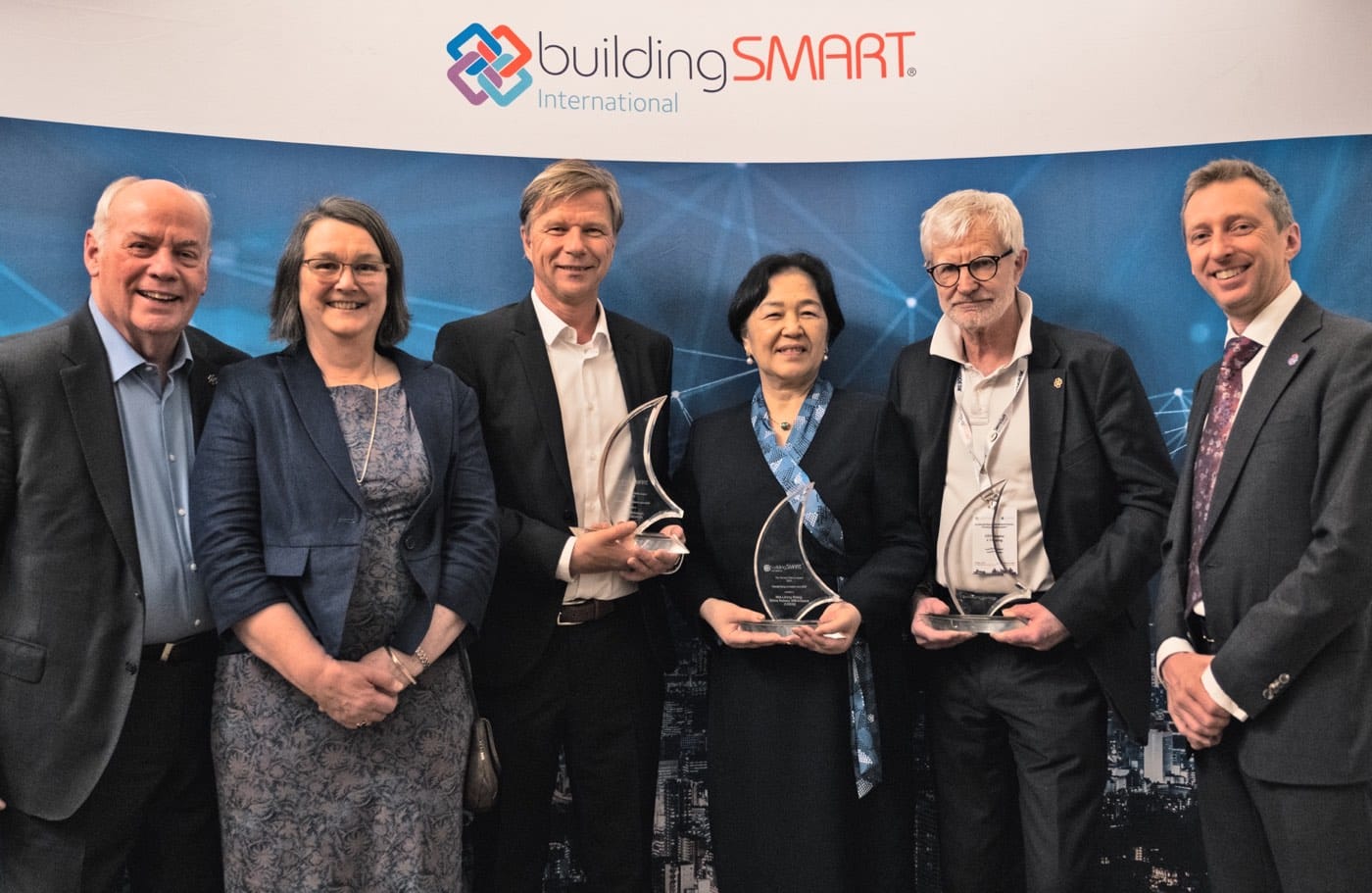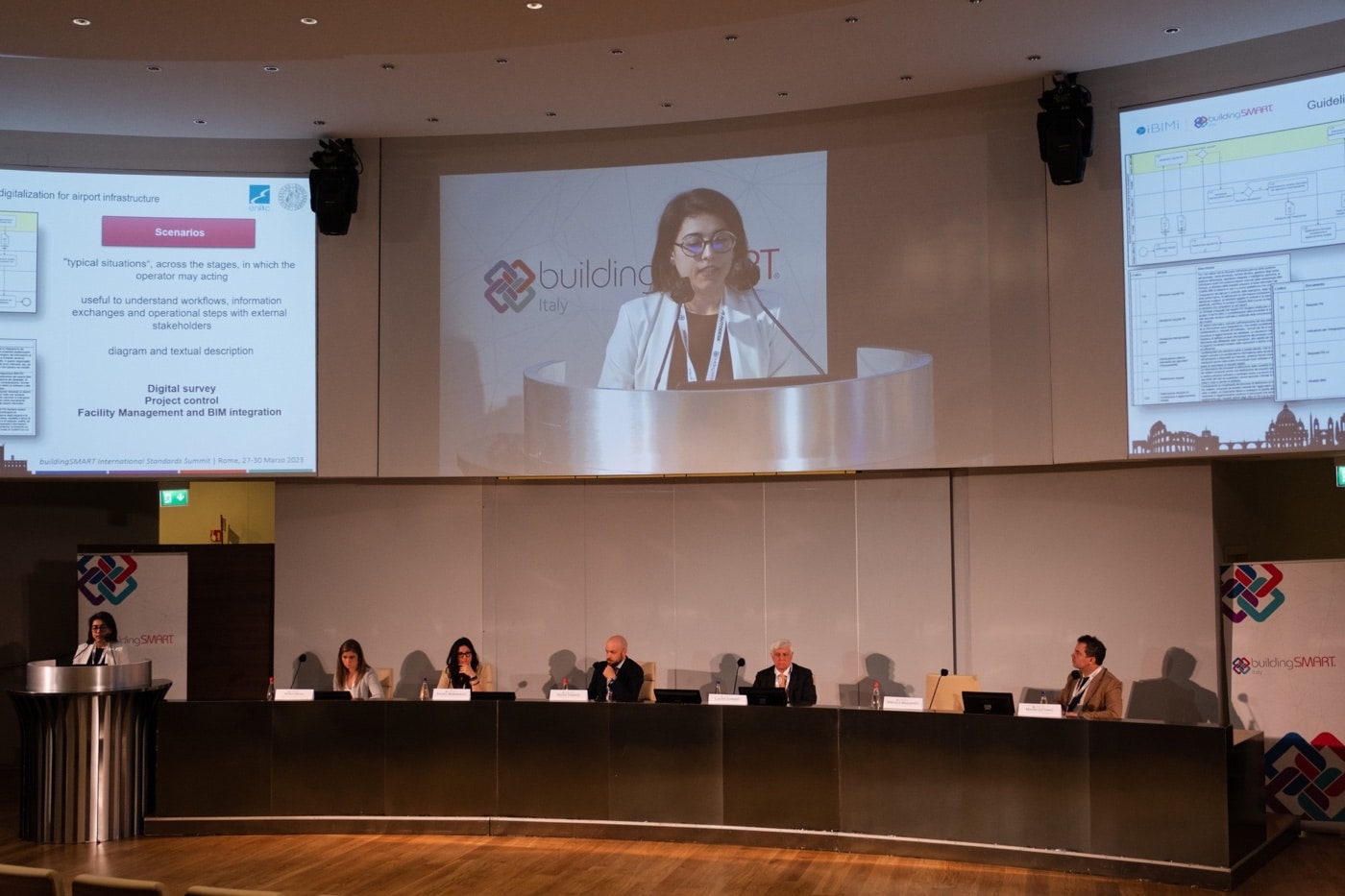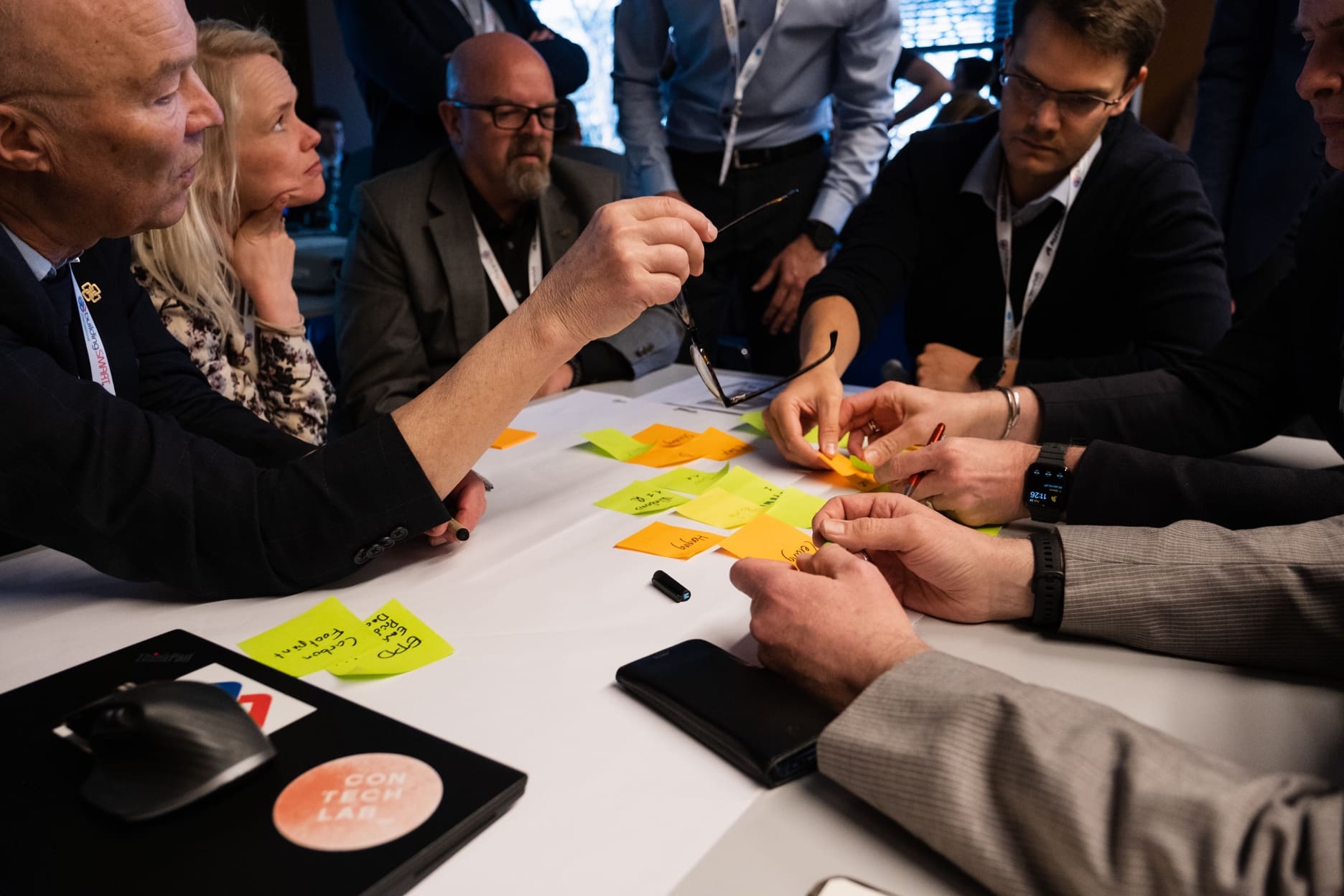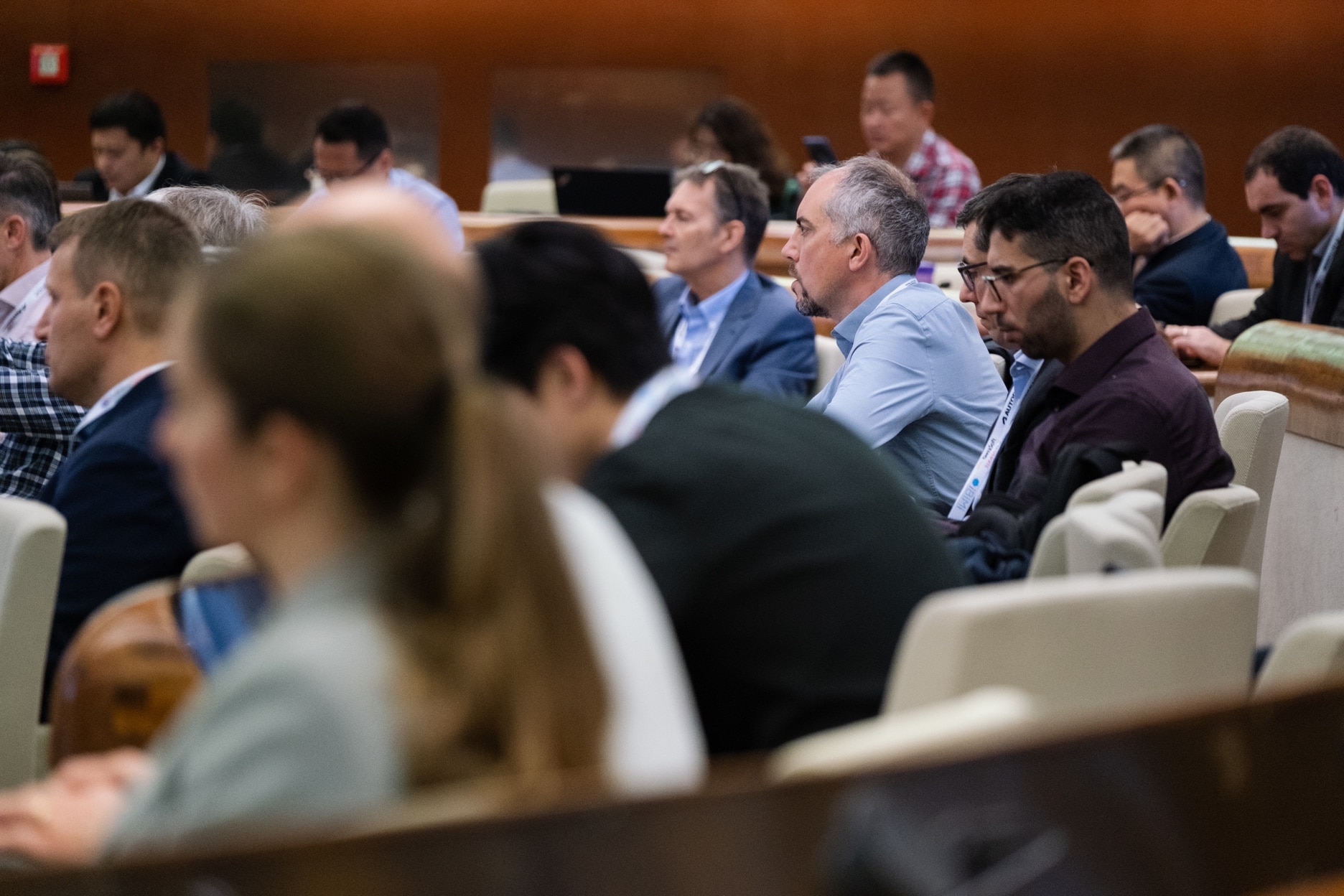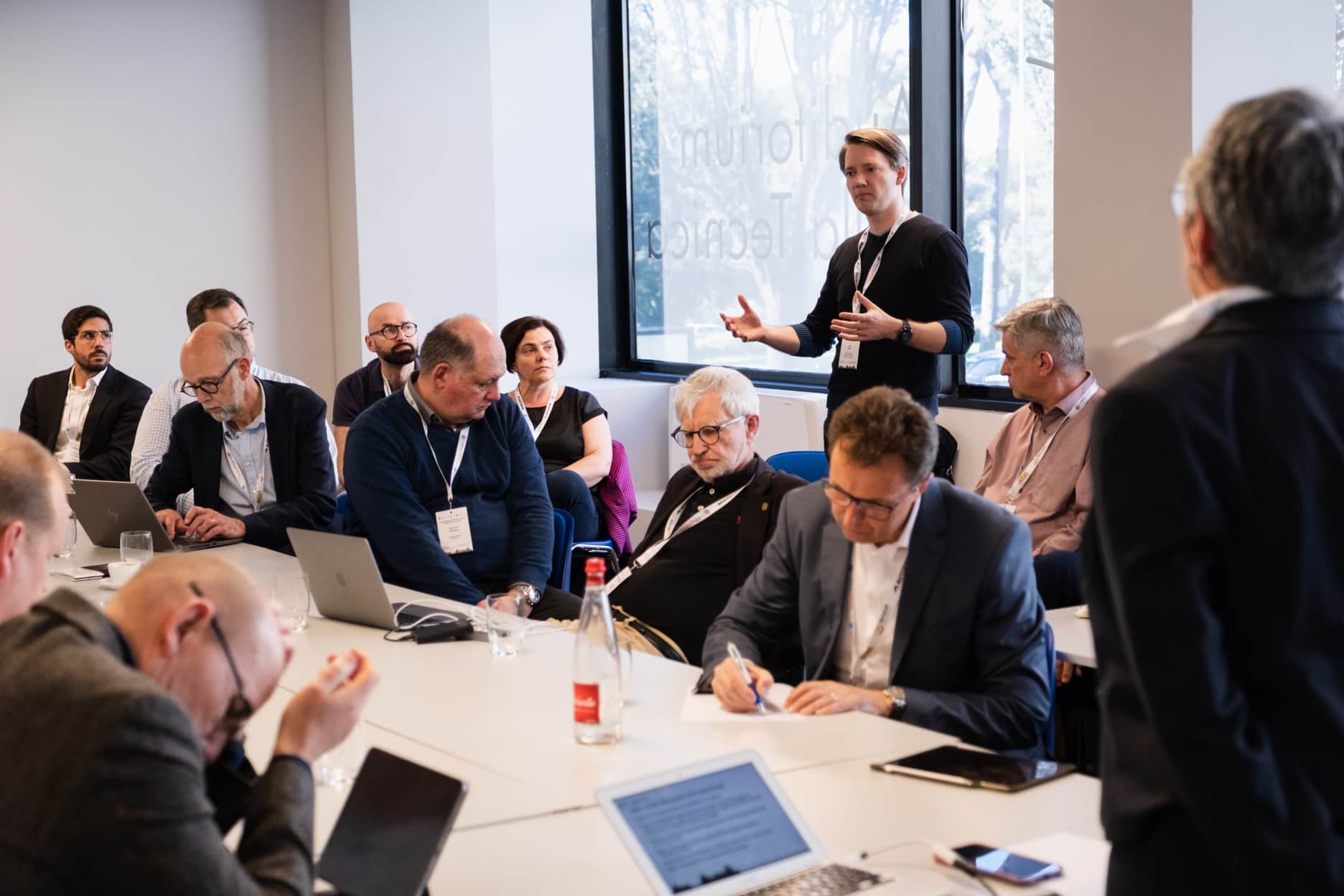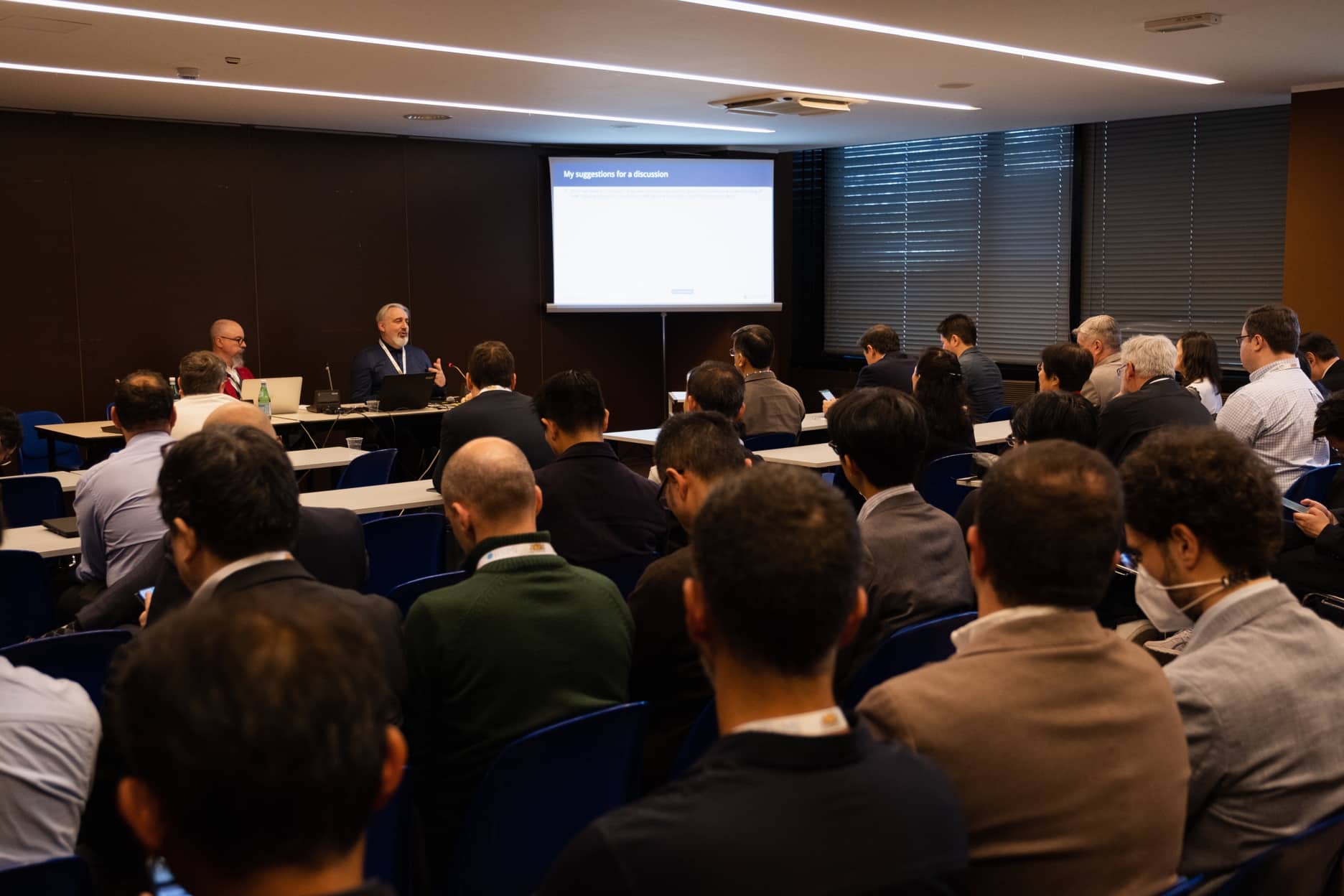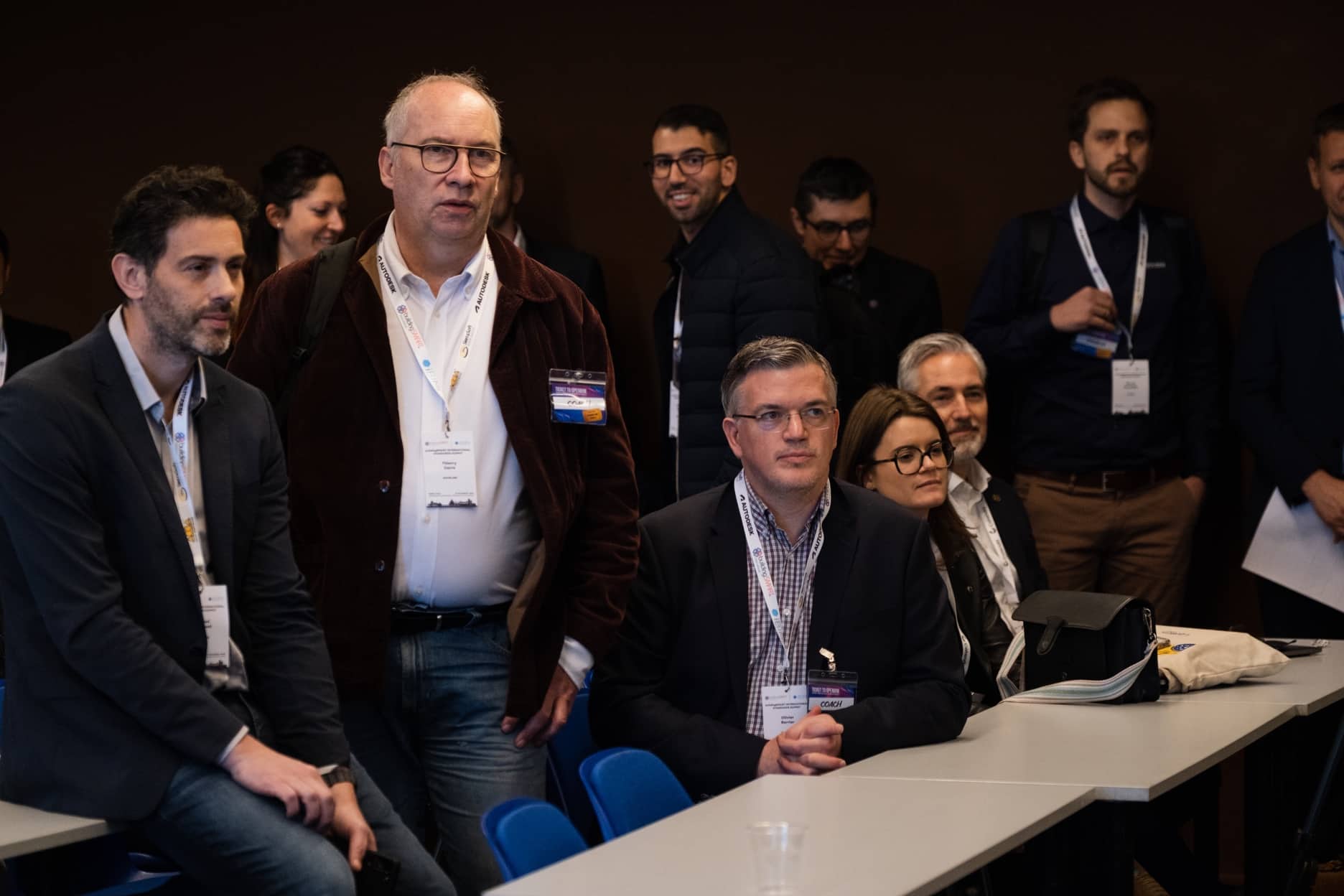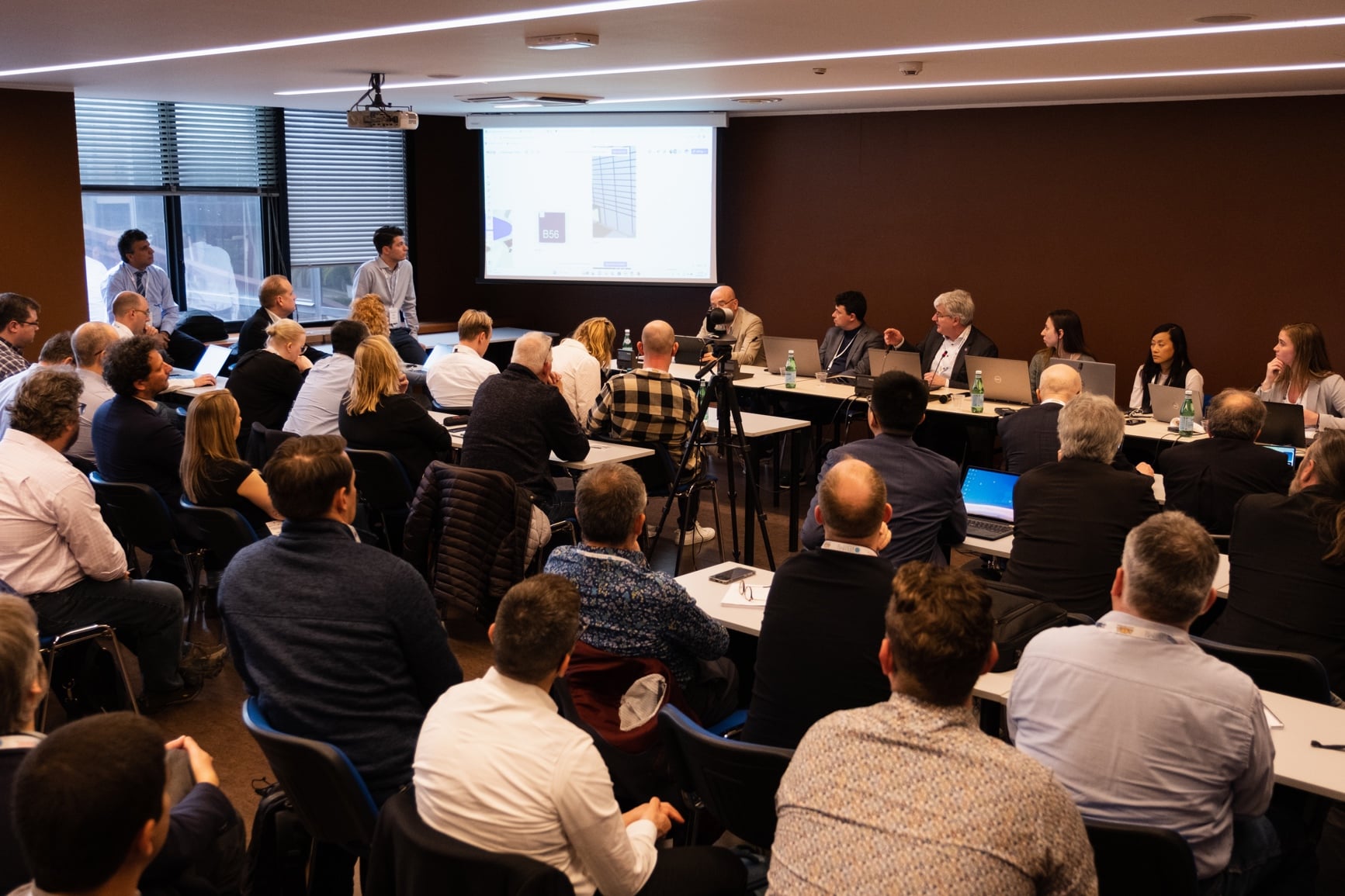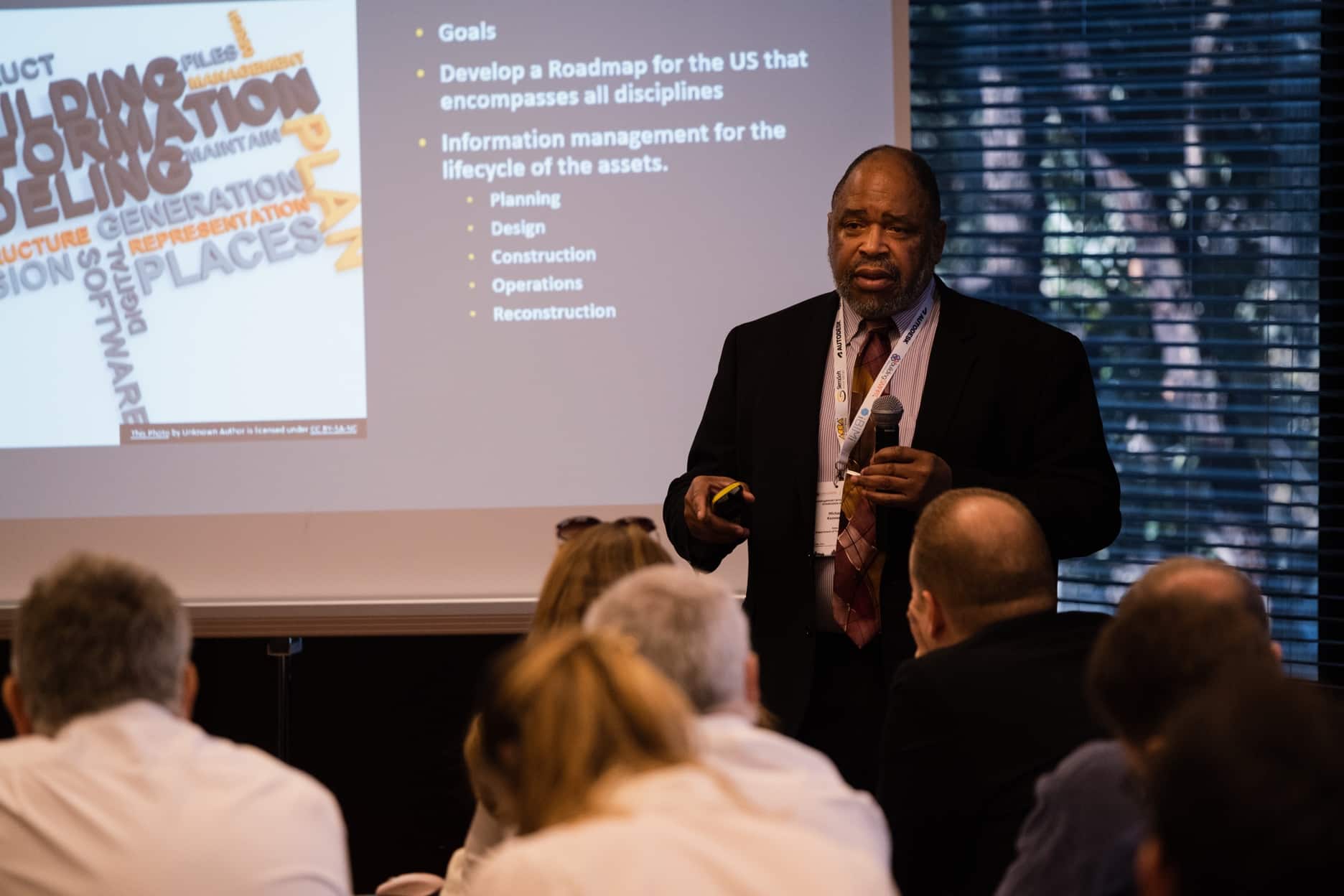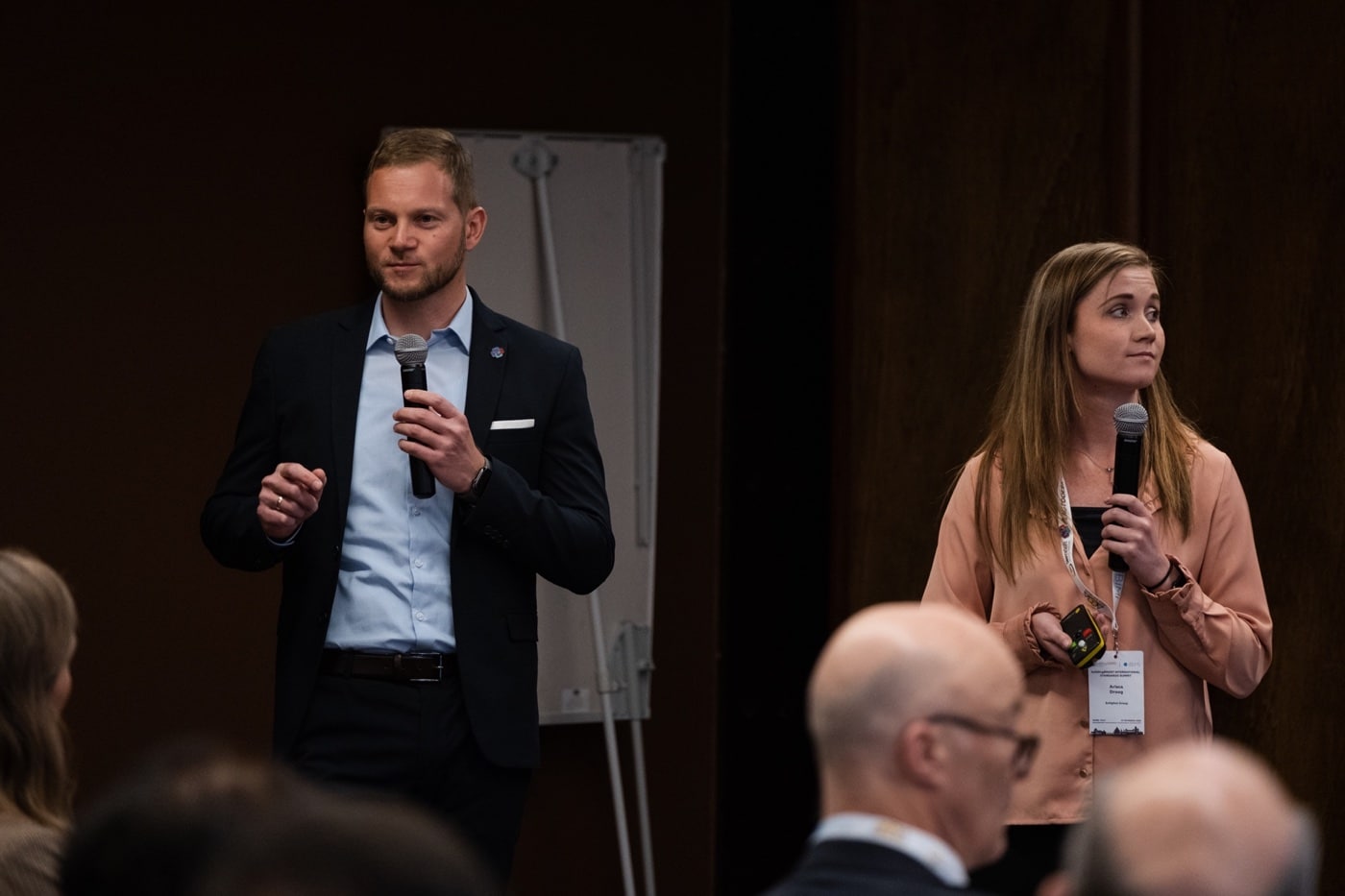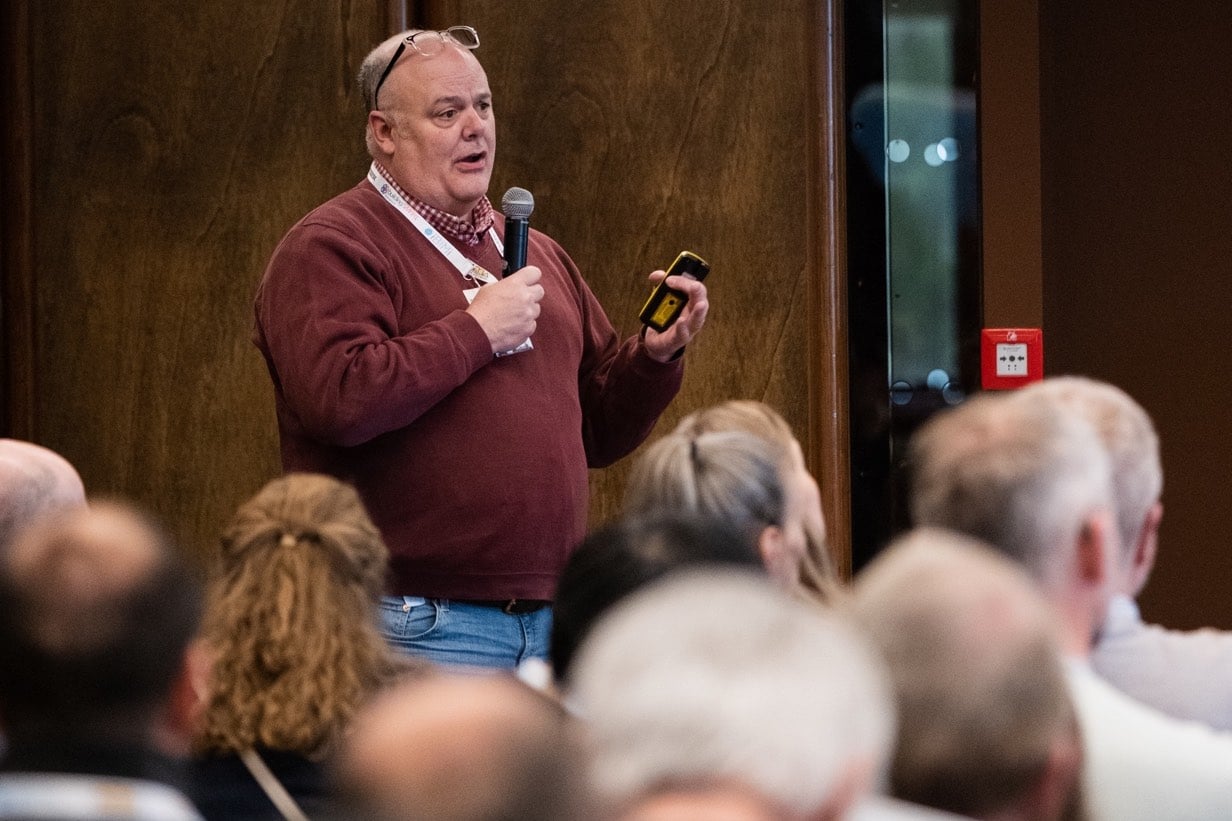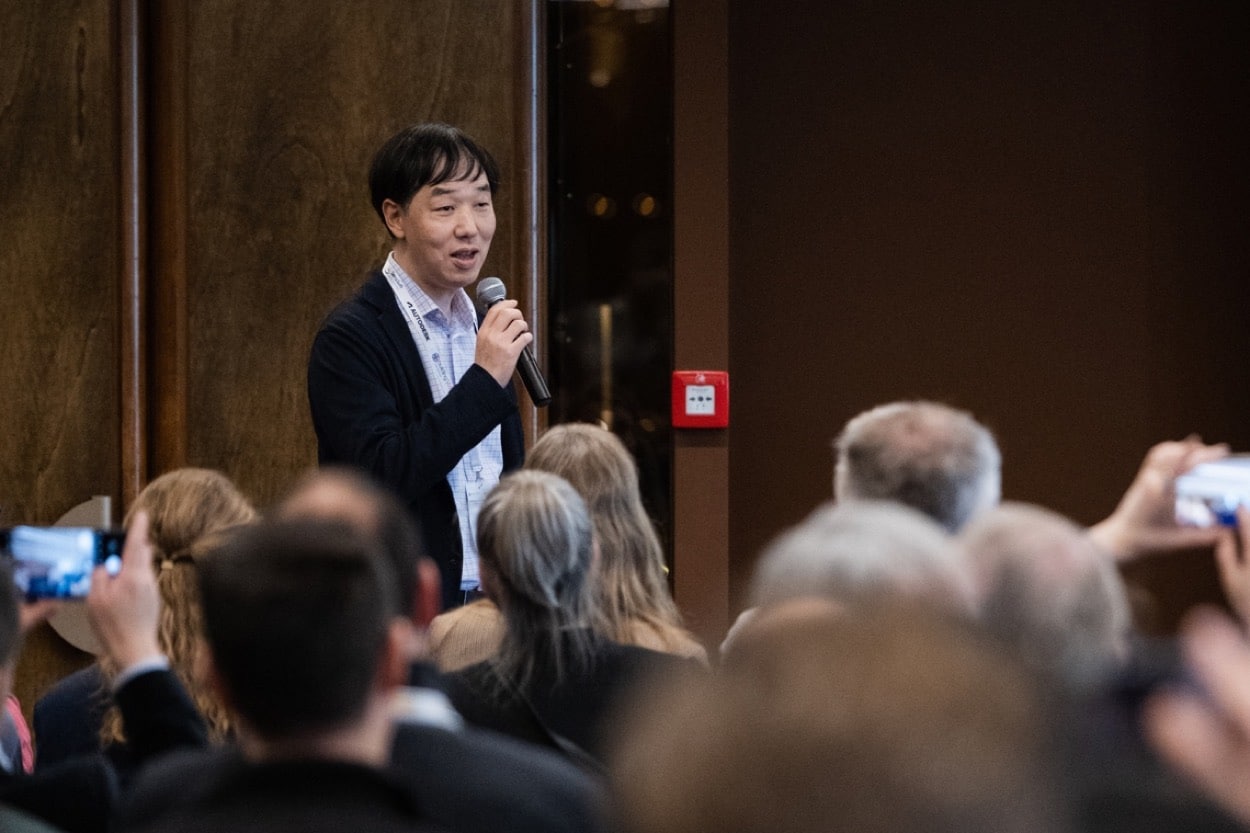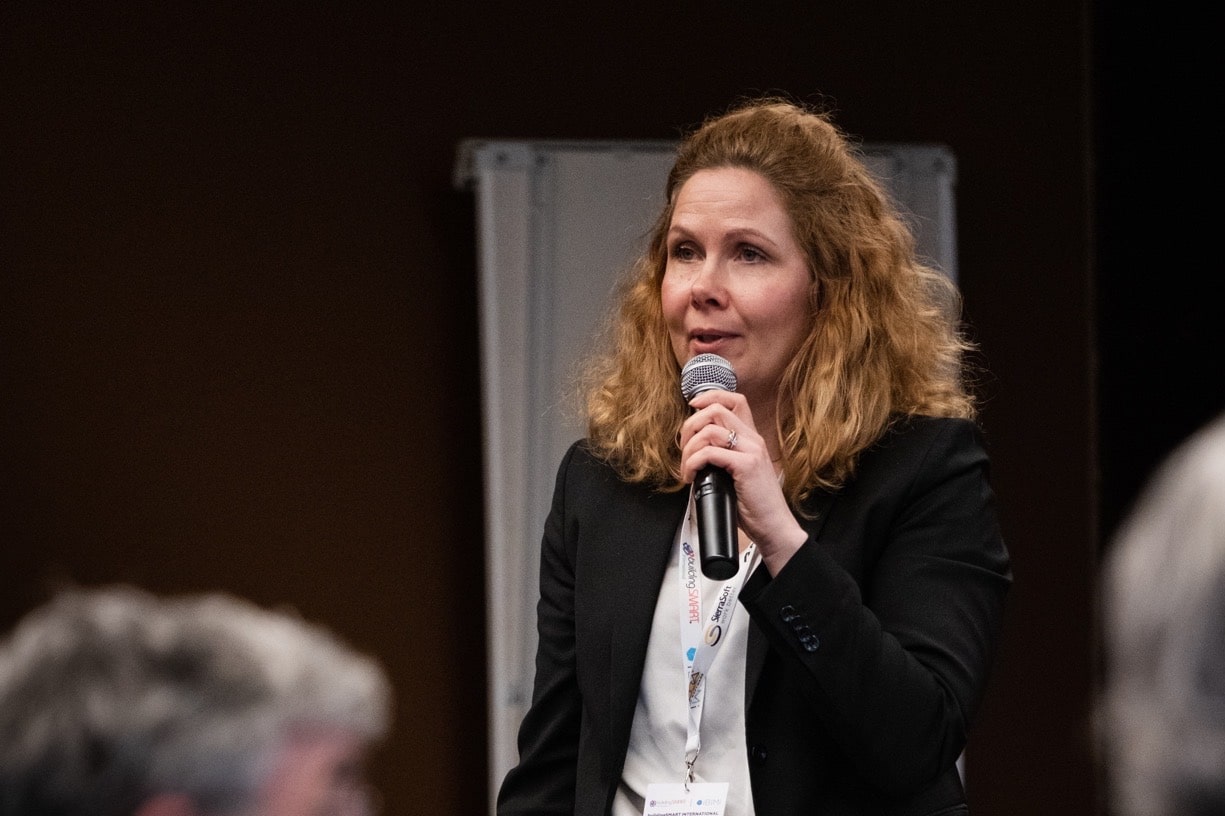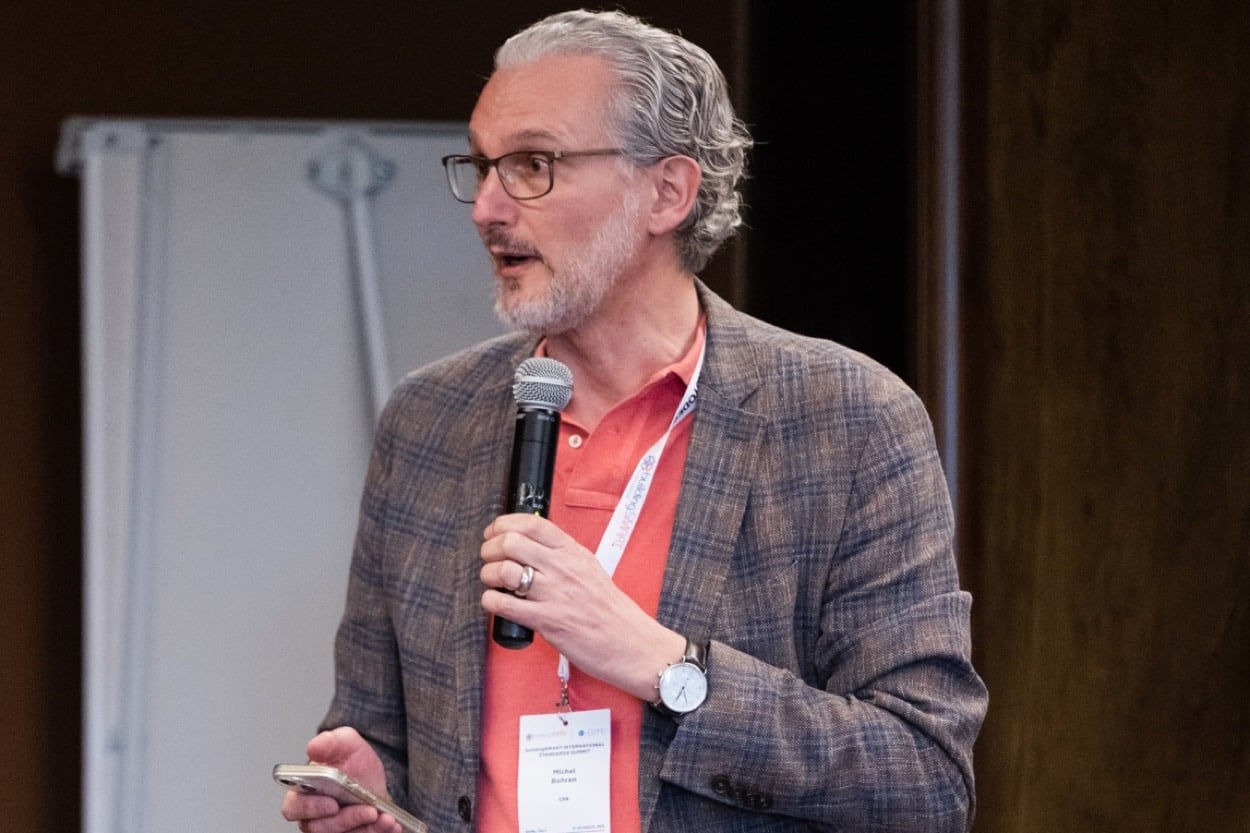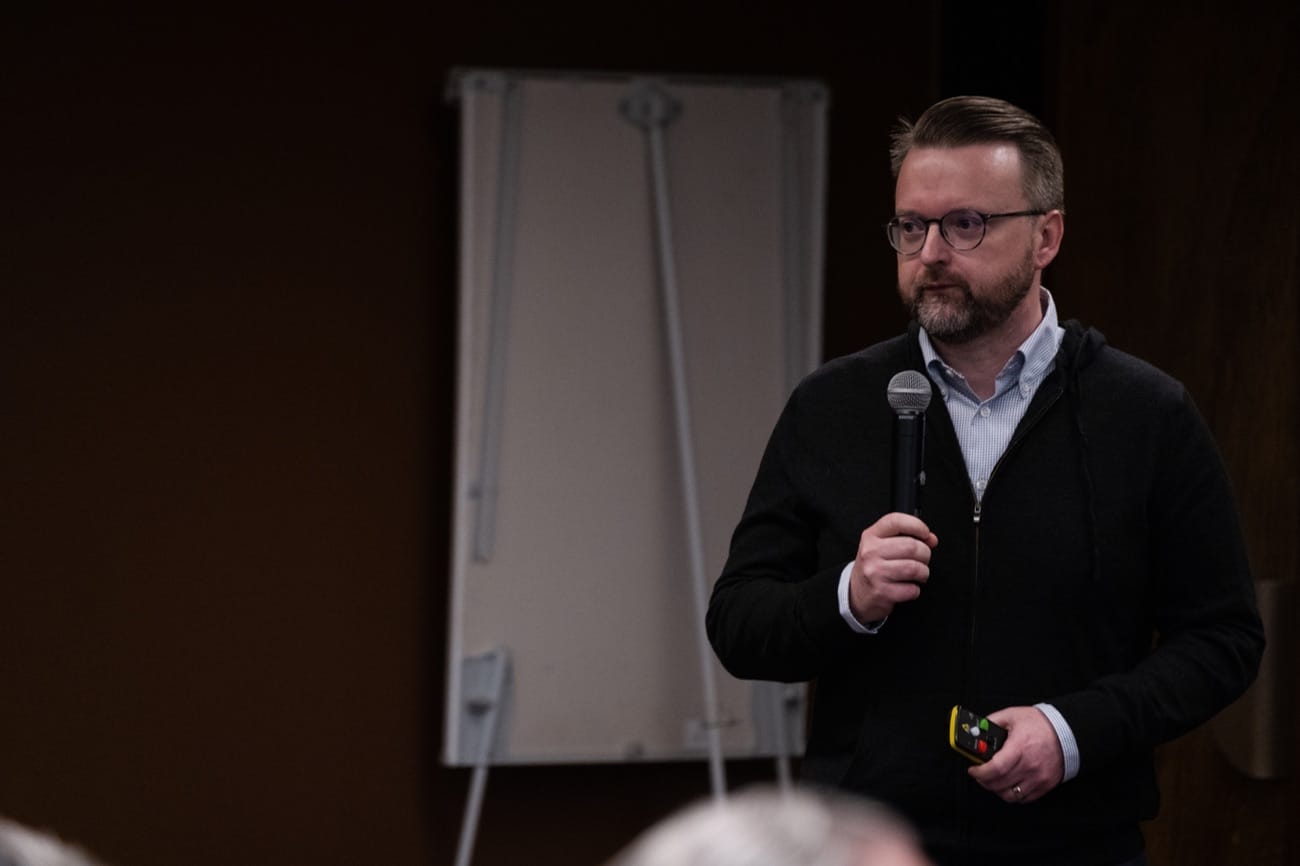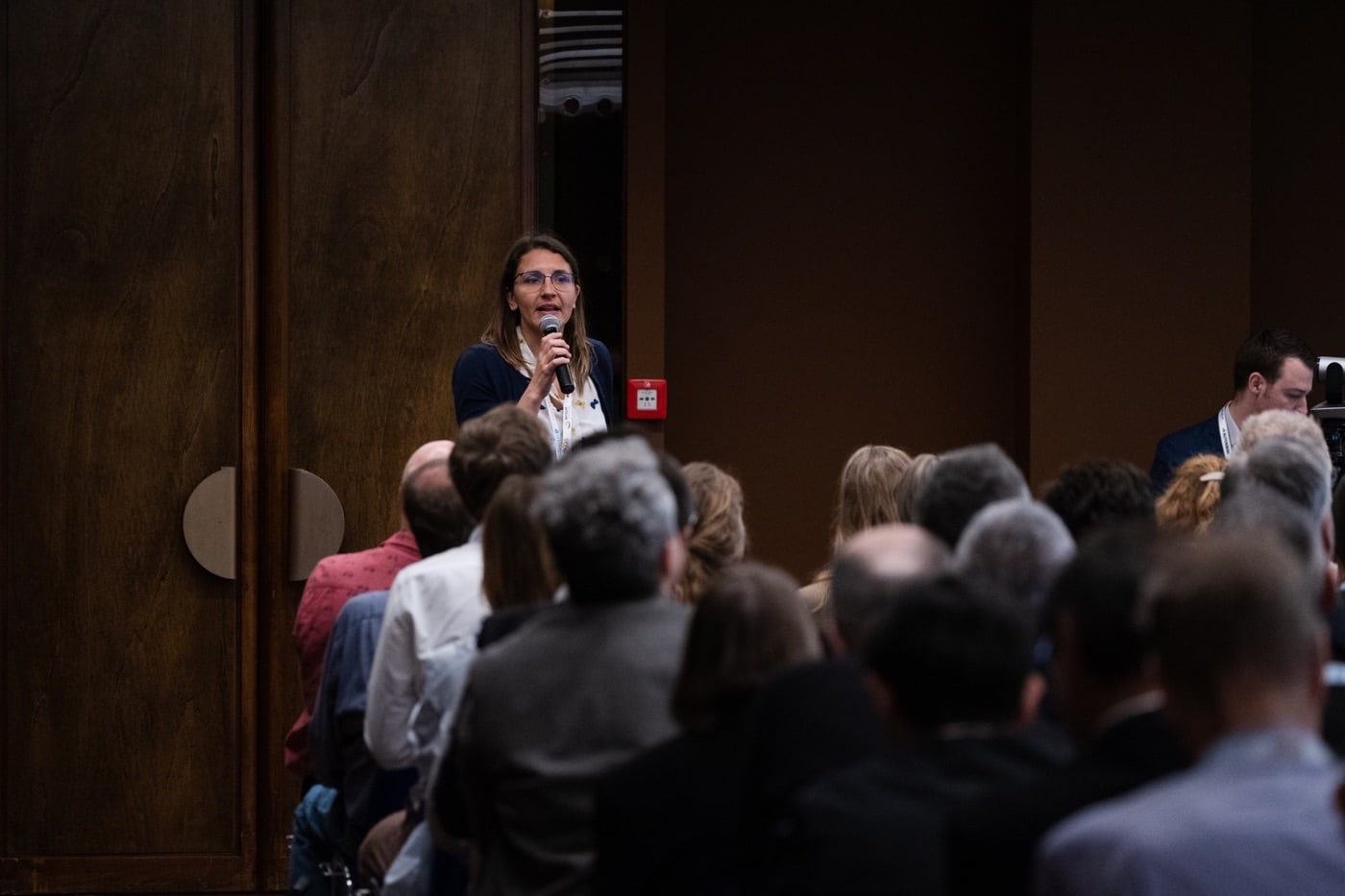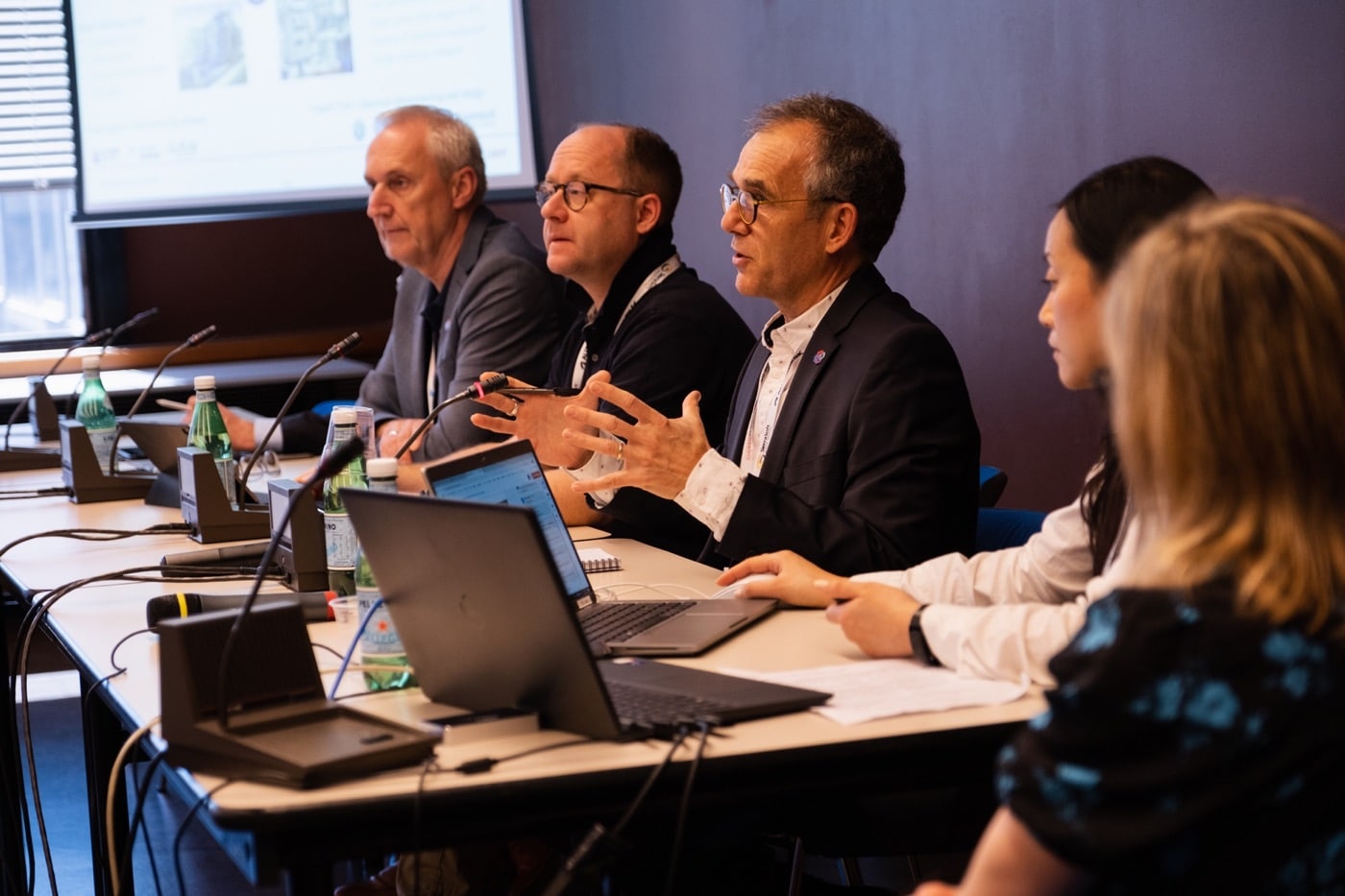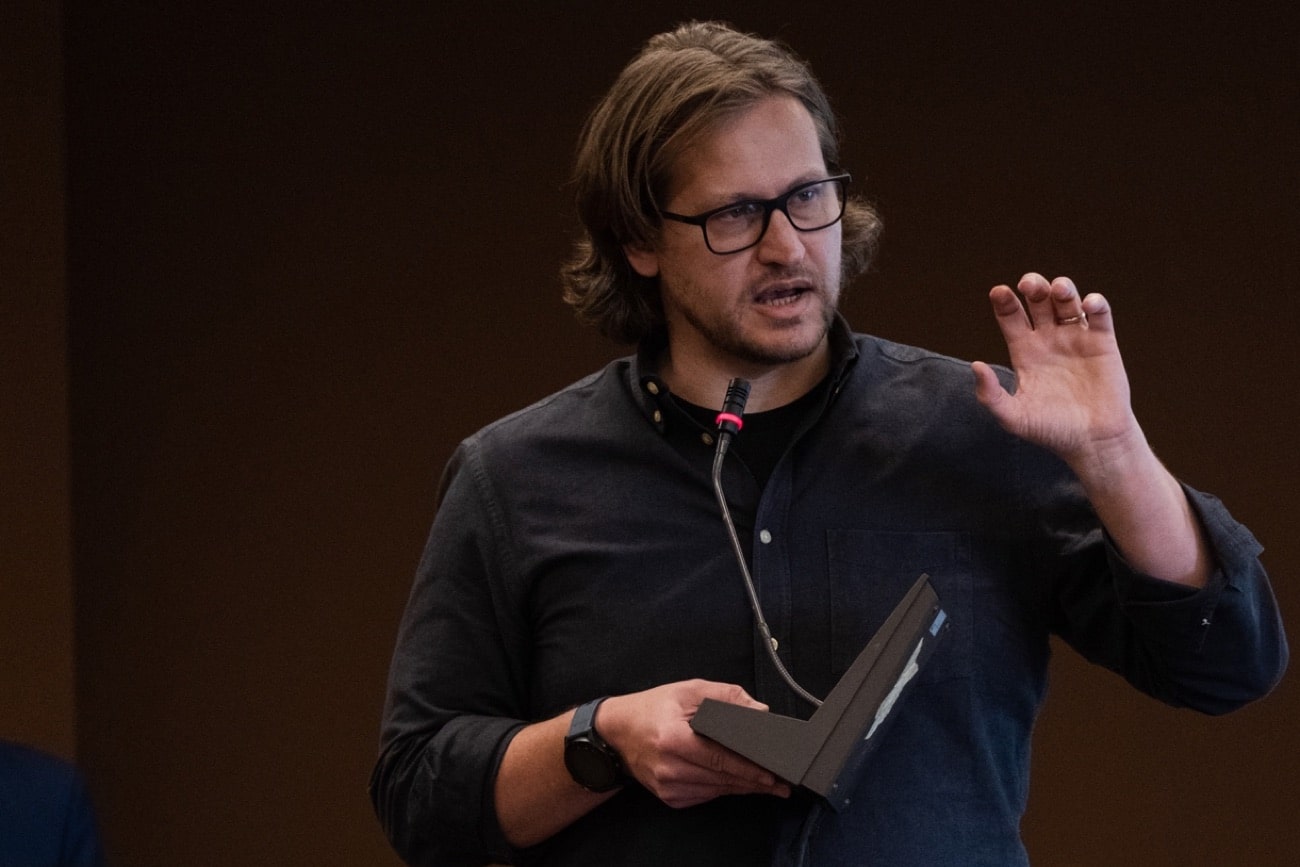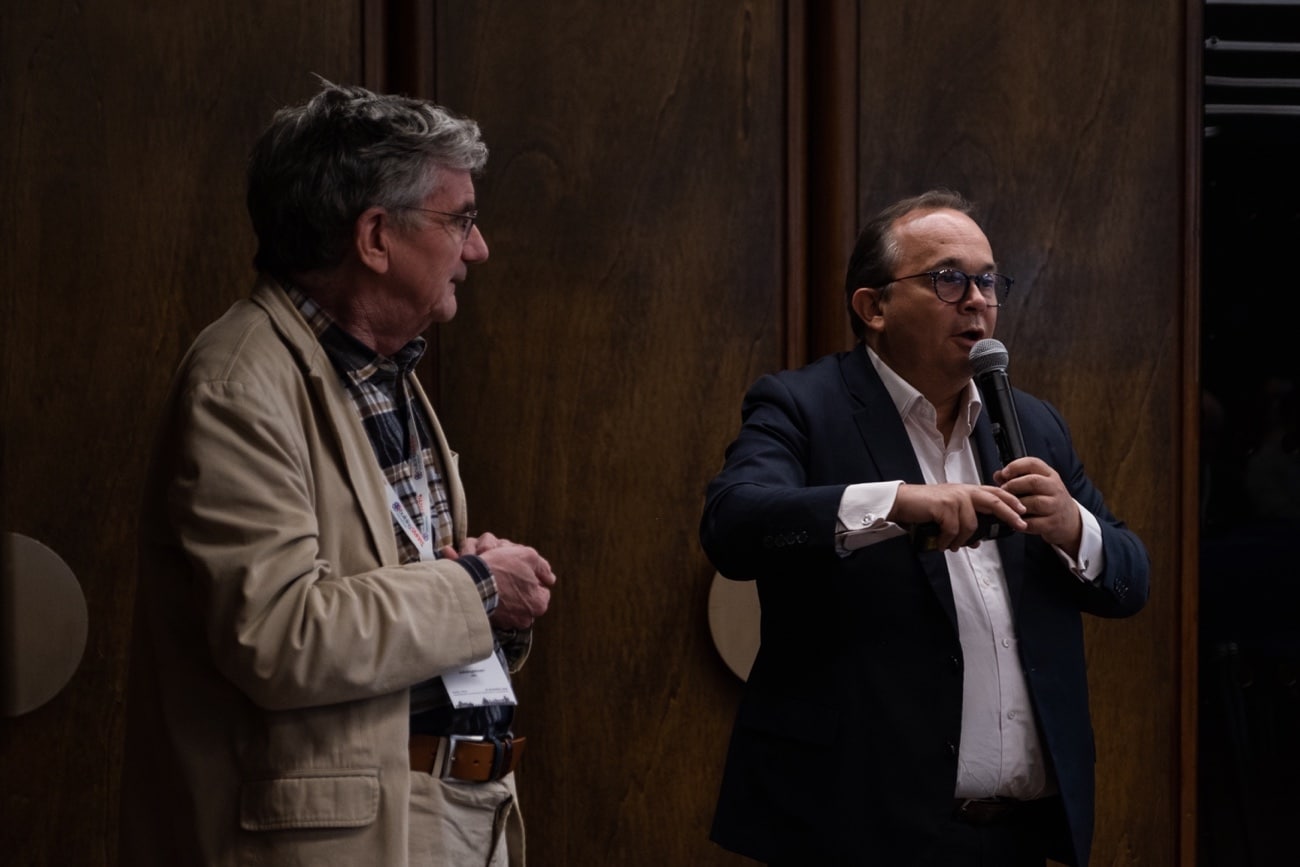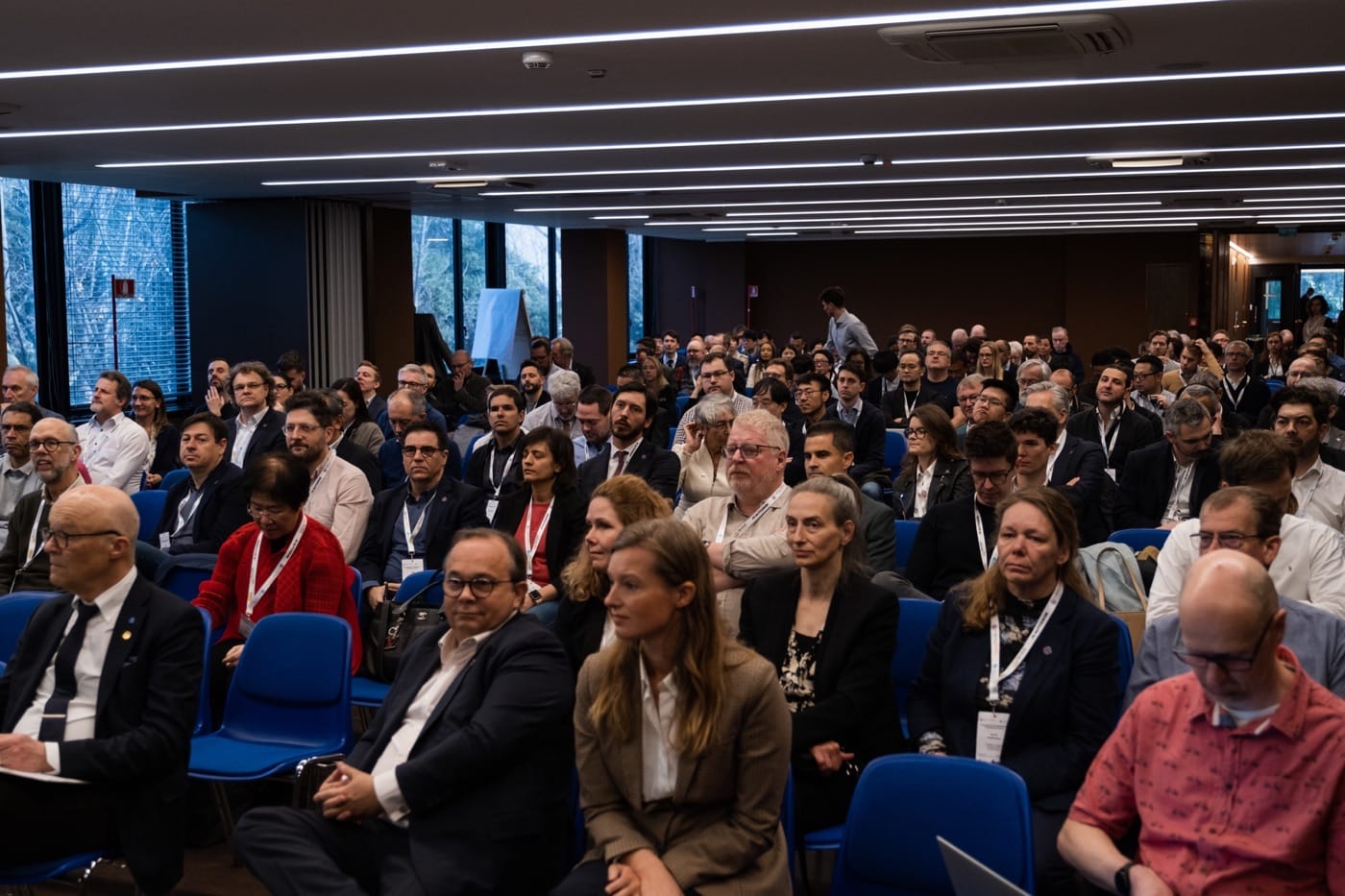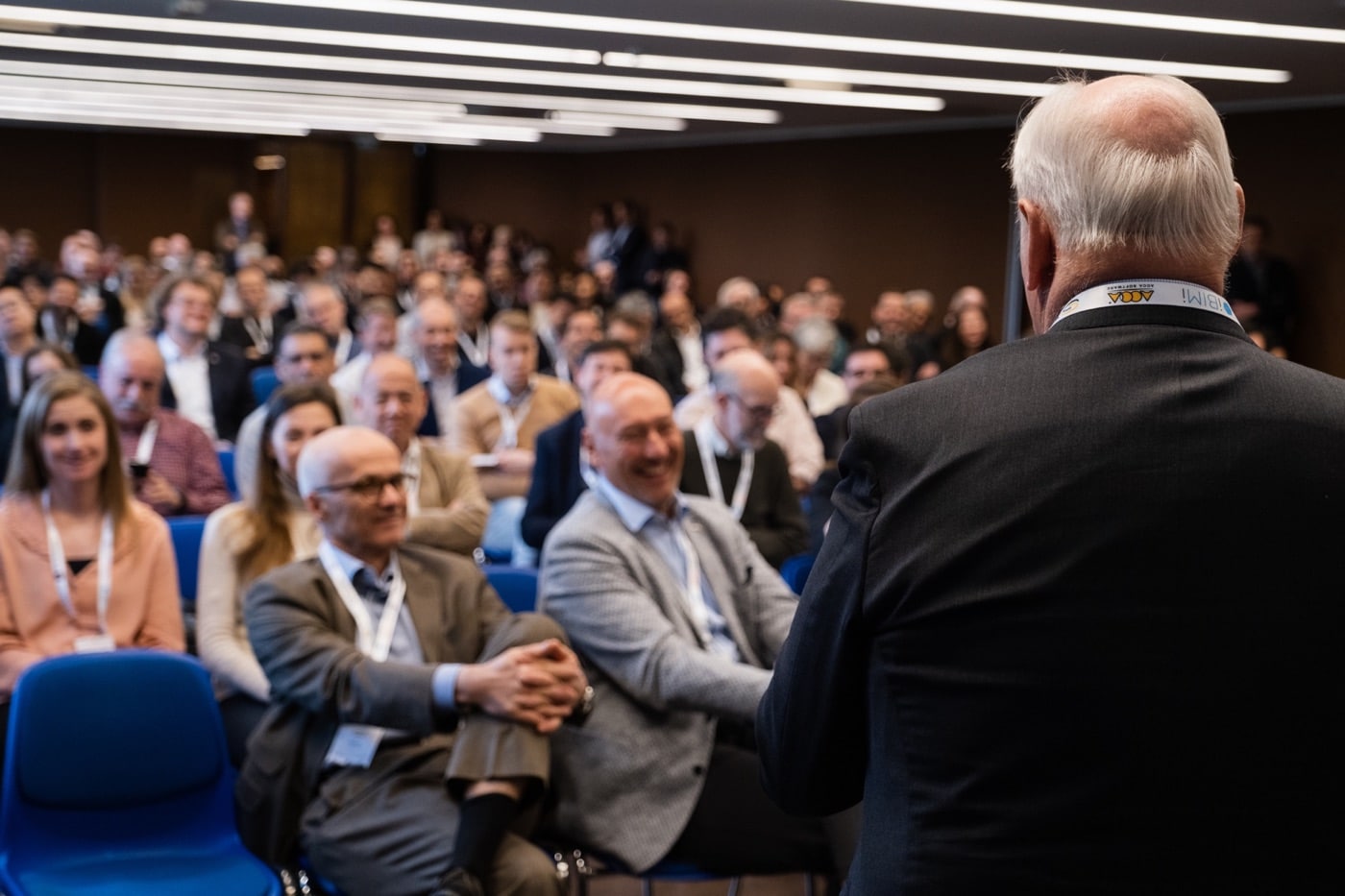buildingSMART International Standards Summit, Rome, Italy 27 – 30 March 2023
The buildingSMART International Standards Summit took place in Rome from March 27th to March 30th, 2023. The event brought together professionals from the international openBIM community to discuss and shape the standards and services that would ensure a more sustainable, productive, and collaborative future for the built asset industry.
This was the second in-person event in three years, and the theme was "Delivering a Diverse and Sustainable Future with openBIM". At the Summit, there was a broad range of topics including shared sessions, masterclasses, keynotes, executive roundtables, a national conference, and Domain-specific sessions. There was also the first ever "Ticket to openBIM" game which combined current activities with hands-on learning.
The Italian Chapter co-hosted the Summit with 19 sponsors and partners:
- Platinum Event Partners: ACCA software, SierraSoft, Autodesk
- Event Sponsors: Dalux, BEXEL Consulting, Bentley Systems, Esri, Graphisoft, CSPFea
- Cocktail Sponsors: Bentley Systems, Cobuilder
- Coffee Sponsor: Lombardi Engineering Ltd.
- Logo Sponsor: ODA, Catenda
- Media Partners: Geospatial World, American Concrete Institute, Ingenio, SAIE, MADE expo
The event included a Gala Dinner with a new group of Fellows being announced. There was also the inaugural Richard Petrie Award with three initial winners announced.
- 725 total attendees (490 in person and 235 virtual)
- 42 countries from around the world
- Top 6 countries by attendance:
Italy 156, Japan 53, Netherlands 53, Switzerland 41, Germany 40, UK 40
- 170+ speakers over 4 days
- 19 sponsors and partners
- 9 Fellows awarded
- 3 Richard Petrie Award winners
- 1 Ticket to openBIM game
- 690 meals donated to local shelters and the homeless
The Opening Plenary - March 27th, 2023
On the first day of the Summit several sessions were held, beginning with the "Opening Keynotes" from the Chairman of buildingSMART International, Patrick MacLeamy, and Aidan Mercer, the Marketing Director of buildingSMART International, who introduced the Summit. Lorenzo Nissim, President of IBIMI (buildingSMART Italy), and Anna Moreno, International Affairs Advisor of IBIMI, welcomed the attendees to the Summit as the event hosts. They all shared their excitement that the event was underway and that this was the second in-person Summit since the Covid-19 pandemic.
Chief Executive Clive Billiald delivered an update from buildingSMART International, which was his first since joining as Chief Executive of bSI. Clive shared his vision to set out a strategic vision for how bSI should focus its collective efforts on the Solutions and Standards that support the built environment. He aligned the message saying, "diversity and sustainability are critical in delivering against our strategic goals". Clive shared the Pyramid schematic (see image x) and talked about how the community at bSI can help to contribute to the goals of delivering a more sustainable and profitable industry. He talked about the "three-time horizons that buildingSMART needs to operate in – the today, tomorrow, and the future". He also shared some exciting announcements regarding new Chapters coming from India and Brazil, some news including more IFC/openBIM mandates, specifically from the Finnish government, new members, new employees, and signed MoUs with Geospatial World and I.C.I.S.
Clive's keynote was followed by four impulse talks, delivered by: Susan Keenliside, Senior Program Manager at the House of Commons Canada, who spoke about openBIM and its value and benefits. Evandro Alfieri, Solutions Accelerator at buildingSMART International, discussed IFC 4.3 (and the Validation Service) and connected it to Rome itself. Léon van Berlo, Technical Director of buildingSMART International, talked about a booster between 4 and 5 (beyond IFC/IDS/bSDD), showing the benefits of moving to new technologies. Finally Greg Schleusner, Director of Design Technology at HOK, spoke about IFC 5 and what the future will bring. These impulse presentations were designed to be short but to provide some interesting content in just 5 minutes each.
Afterwards, Michelangelo Cianciulli, openBIM Expert at ACCA software, discussed “transforming BIM to openBIM®: methods, technologies, and examples”. He shared some exciting innovations from ACCA and showed how their business aligns to openBIM and how it supports the standards of buildingSMART through technologies like a "GIS Digital Twin". Mauro Coletto, Co-Founder & CEO at SierraSoft, discussed “infraBIM with openBIM”, and showed how they support projects in Italy in realising value through technology. Finally, Paul Fleming, EMEA AEC Senior Director at Autodesk, talked about “digitizing, connecting, optimizing, and evolving”, and showed case studies of how they have applied their technologies to deliver value and a business benefit. They also shared how they have been long-term openBIM supporters.
The second session of the day was about “Industry Pioneers Shaping the Future with openBIM”. The session featured a panel of leading openBIM and digital construction experts who discussed how digital has transformed the whole asset lifecycle information management process. They also talked about the role of openBIM and the application of international openBIM standards for effective and efficient full asset lifecycle management. There was discussion about how to be a pioneer and how the industry needs to adopt new ways of working if it is to meet its lofty goals. The session was moderated by Marie Grieve, Founder and Managing Director of Costello Palmer Communications, with contributions from Anna Moreno, International Affairs Advisor at IBIMI, Céline Bent, Compliance Director at buildingSMART International, Anna-Riitta Kallinen, Owner of ARK Consulting, ARKCON, Emma Hooper, Associate Director, Head of R&D at Bond Bryan Digital Ltd, Arisca Droog, Data Engineer at Schiphol Airport, Xenia Fiorentini, CEO at Engisis, and Ada Fung, Chairperson of the Hong Kong Chapter. All these speakers shared their experiences and contributions to openBIM.
The third session of the day was about “Digital Twins: The Three Horizons”. The speakers discussed the importance of standards for digital twins, and how openBIM workflows deliver value to projects, and debated the Three Horizons. Aidan Mercer, Marketing Director of buildingSMART International, moderated the session, and the speakers included Bart Brink, Owner of TwinIT Consultancy, Frank Weiss, Senior Director New Products, BIM & Innovation at Oracle Construction and Engineering, Mark Enzer, Strategic Advisor at Mott MacDonald, Michael Gaunt, Principal Account Leader - Information Management at Mott MacDonald, Rita Sanfilippo, BIM General Manager and Head of Core Team BIM at Lombardi Engineering Ltd., Jacob Beetz, Professor at RWTH Aachen University, and Julien Moutte, Chief Technology Officer at Bentley Systems. The panel followed a live Mentimeter poll that included specific questions about digital twins and word clouds that describe what the keywords for digital twins are. The overwhelming impression from the session was that companies are investing in digital twins and have a strategy for it.
The final session was titled "A Strategic View from Asset Owners". The discussion revolved around the growing importance of open standards, data governance, and openBIM in the industry. Asset owners, clients, and governments are increasingly mandating these practices to improve the overall life value of assets.
The speakers, which included Richard Kelly, Operations Director at buildingSMART International, Donatella Fochesato, Head of Asset Management at RFI, Francesco Semeraro, Technical Support Engineer at ANAS, Miha Bečan, Senior Data Analyst at ELES, and Osmund Skorge, Deputy Director at Statsbygg, highlighted the critical role that asset owners play in shaping the future of the industry. By taking a strategic view, they can ensure that the value chain contributing to projects and assets is aligned, leading to greater productivity, collaboration, and efficiency. The discussion emphasized the need for asset owners to improve decision-making in asset management. This involves assessing trade-offs between short-term and long-term objectives, evaluating different investment options, and considering the impact of external factors. By doing so, they can create a framework for better decision-making that considers all factors contributing to asset management.
The evening included the Gala Dinner with Fellows and Richard Petrie Award ceremony at the grand Palazzo Brancaccio, in the centre of Rome. The venue hosted 250 guests and included some welcome speeches from Bentley Systems and Cobuilder as the cocktail sponsors.
Fellows for 2023
Karin Anderson
Mark Baldwin
Håvard Bell
Calvin Kam
Bill Moore
Masaki Muto
Pasi Paasiala
Jeffrey Ouellette
Steen Sunesen
David Watson
The winners of the Richard Petrie Award were:
Viktor Várkonyi
Christophe Castaing
Liming Sheng
Days Two and Three – March 27-28, 2023
Days two and three followed a similar structure from previous Summits with two options available: The National Conference in the main Auditorium and individual buildingSMART Room sessions in breakout rooms. However, this time, there were new features and sessions for attendees including:
- Shared sessions
- Masterclasses and workshops
- Roundtables
- Ticket to openBIM game
Italian Conference:
The Italian Conference started with a session titled “Italian Chapter Strategy and Future Goals” which outlined some of the core objectives for the Chapter, the opportunities ahead with topics like Professional Certification and International Affairs. Other sessions included “openBIM Collaboration and Management – Parts 1 and 2, and “openBIM for Public Administration”, as well as the closing.
Masterclasses and workshops
There were various masterclasses and workshops that saw huge numbers of attendees. There were sessions on Information Delivery Specification (IDS), including an expert’s guide. There was also a session titled “Let's build a data dictionary”, which saw attendees build a bSDD. The second half of this was to demonstrate practical examples of bSDD. There were also examples of how to use ETIM 9 in the bSDD which saw more use case driven demonstrations. There were workshops on Law@BIM, a working group to talk about the contractual considerations, and finally one on Professional Certification.
Shared topics
Another feature of this Summit was to have shared sessions, with reduced Room sessions to cater for the need for joint discussions on topics like Sustainability, IFC 4.3 and global mandates driving change.
The buildingSMART Rooms
The Rooms consist of Airport, Building, Construction, Electrical, Infrastructure, Product, Railway, Regulatory, and Technical. This Summit had a reduced number of sessions to cater for the shared sessions. A more detailed summary can be found in the closing plenary. With a hugely wide range of topics discussed, each Room had its own program and agenda with roadmaps, project updates, activity proposals, open sessions, and hot topics, amongst other things. There was one consistent theme, however: more demand for supporting services for the standards being developed.
The Closing Plenary – March 30th, 2023
Arisca Droog and Christoph Eichler from the Airport Room shared some progress on the “Entities Project,” which included the data structure, the role of the bSDD and related standards. There were also highlights including the shared session with other Rooms, including the Asset Owner Handover (AOH) from the Airport Room Perspective: to contribute to the AOH project activity and to help deliver requirements from airport clients/asset owners. They shared future developments, including topics such as to enrich the bSDD Airport Domain with survey results, identify use case(s) for the Airport Entities Project and for the Asset Owner Handover topics, further develop information standardization, connect to international aviation organizations, and to continue collaboration with other Rooms.
David Ivey from the Building Room provided an overview of the Charter and Roadmap, with a plan to have an open house and quarterly update. There was an update for the projects currently happening in the Room, including Fire Safety, Quantity Take-offs, and many others. David also shared a simple workflow the Room was developing on IDS and bSDD. This is seen as an important development as they can start to demonstrate the supporting services for the standards. David then shared the outlook for the future, stating that the Room will focus on: the maturity of the Summits, doing 3 sessions, providing more time for leadership topics, growth for the Room, more masterclasses, and better collaboration with the US Chapter.
Ken Endo from the Construction Room talked about the three presentations from the Summit, and an update about an internal meeting the Room had. Topics included, 4D&5D, UCM and bSDD, use cases of IFC SpacialZone, and material passports. Ken talked about the role of the Room, including as domain experts and as representatives of the industry. He talked about the need for support from the Technical Room as the masters of IFC, and how developments in new technologies like 4D and 5D really help in adding value to end users. Ken shared the latest team from the Steering Committee and how the Room wants to move forward with the UCM specifically.
Tiina Perttula provided a summary from the Infrastructure Room, which started with an overview of the current members and the Steering Committee structure. This included the relationship to the sub-projects as well. There were some new members to the Steering Committee, including Jim Plume (re-elected), Hiromasa Shima, Marc Goldman and Alexa Michell. Tiina thanked outgoing members, Tristan McDonnell and Nobuyoshi Yabuki. Tiina mentioned the focus areas for the Room as ISO process updates IFC 4.3 (ISO 16739), local chapter workshops (Roadmap and IFC 4.3), their Roadmap, IDS, bSDD, use case management, asset operation handover activity proposal , and finally projects: IFC tunnel, test instruction for Bridges. Tiina shared what their approach for these topics will be, and how the teams are addressing the various challenges they raise.
Michel Bohren represented the Product Room and reflected on a very productive week in Rome. He started off by talking about how the Room wanted to gain industry input to help shape their Roadmap and development plans. It was also mentioned that some of this feedback came from leading companies. Michel talked about shared values and trust, and the recent MoU between I.C.I.S and bSI. He talked about the aim of this for both parties and the role the industry can play. The Room Roadmap was also mentioned with progress being discussed with timelines. The long-term goal is to get open APIs, and process maps and use cases, as well as the environmental impact of construction and the need for more interoperability. The next steps for the Room will focus on work on the Roadmap and “Definition of a Product”, “Governance of Data”, and “IFC for Products”.
Winfried Stix (Chair) came next with the Railway Room update, which included some comments from Adrian Wildenauer (SBB), who shared the openBIM Manifesto, and Xenia Fiorentini (Engisis) gave an update to the "Ticket to openBIM" game." Winfried started with the main message being that IFC 4.3 is continuing to make strong and steady progress. He shared some of the major topics, including the benefits of more collaboration, and specific topics on Bringing IFC 4.3 to real life, IFC 4.3 is already influencing, and Linking Data & Ontologies are still alive. The next steps included getting the first aIFC4Rail done, finalizing the Roadmap work, and ensuring bSDD for the Rail Project work can continue. Adrian then provided an overview of the Rail Manifesto, an approach to combine Rail operators and the supply chain to unite around openBIM to work collaboratively together. Xenia then talked about the success of the “Ticket to openBIM” game, and the winners were announced. Team 2 was announced as the winners, with members Luca Curreli, Marina Calisti, Vincent KELLER, David Gerner and Marco A. for applying an openBIM workflow to this problem.
Nick Nisbet from the Regulatory Room was next, providing an update on progress in the Room. Firstly, there was progress on the Roadmap, ensuring. Regulations have become more widespread and open through some of the open houses. They shared more updates from the sessions, including Regulatory Information Requirements, Regulatory, and the Law@BIM Dinner, the IFC Mandate in Finland, which included some guests from the Ministry of Environment. And finally, the last session was focused on Guidance for Regulators. Nick also talked about the shared topic of Sustainability and the need to focus on this topic. He also highlighted some of the work done ISO 19650 part 4 and how the UK Government defines interoperability as a way of tackling this.
Bertrand Lack and Trinidad Chardin-Segui were next up from the recently renamed Electrical Room (formerly the Sustainable Energy Management Room), which is the newest Room and still in its early stages of development. They shared what a workflow in practice looks like, including all the phases, from Renewable power, local generation, Medium-voltage power distribution, Low-voltage power distribution, and Low-voltage final distribution, and how electrical engineering is important over the whole value chain and directly connected to many other trades. They shared how the whole value chain needs one another and the drive for this Room to help bridge these gaps, right to the owner-operator of machine transmission lines.
Greg Schleusner, leader of the Technical Room, provided tan overview of activities, sharing there were two main efforts, “IFC Delta” and” IFC 5”. Greg talked about how technical work is developed, not always as a structured project and how there is scope for new ideas. The IFC Delta work is revolves around how you should be able to share smaller datasets, rather than the whole schema, making information sharing more manageable. This project will move forward, and start to be made available in software tools. The IFC 5 work is underway, focusing on what needs to be done. They are also taking in software requests, looking at what IFC 5 needs to solve. Greg mentioned that this version will look quite a lot different to versions in the past. The next steps are for documentation on the IFC Delta work, and for IFC 5 work will begin on a roadmap.
There were also updates on Shared Topics on topics such as Sustainability and the BIM+GIS working group.
The event was concluded with a sign-off from Richard Kelly, Aidan Mercer, Dan Little, and Lorenzo Nissim, President of IBIMI (buildingSMART Italy). They handed over to Osmund Skorge, Deputy Director at Statsbygg, and Chair of the Norwegian Chapter, who will be the next Chapter hosting the Summit, 18-21 September 2023, in Norway.
With thanks to our Sponsors.
- Platinum: ACCA Software, Autodesk, SierraSoft
- Event Sponsors: Bentley, Bexel Consulting, CSPFea Engineering, Dalux, Esri, Graphisoft
- Cocktail: Bentley, Cobuilder
- Coffee: Lombardi Engineering
- Logo: Catenda, Open Design Alliance (ODA)
- Media: American Concrete Institute, Geospatial Media, Ingenio, MADE Expo, SAIE







